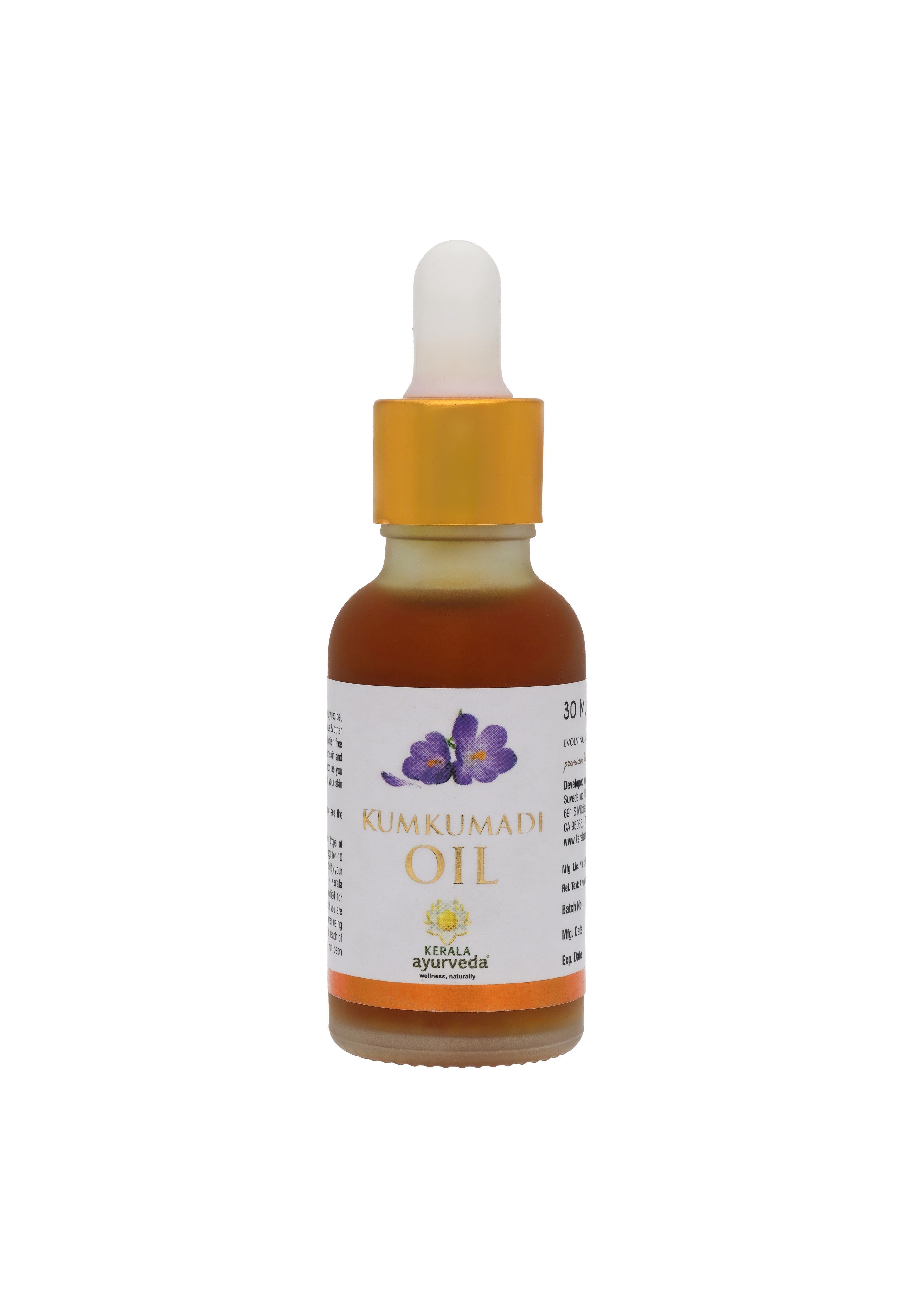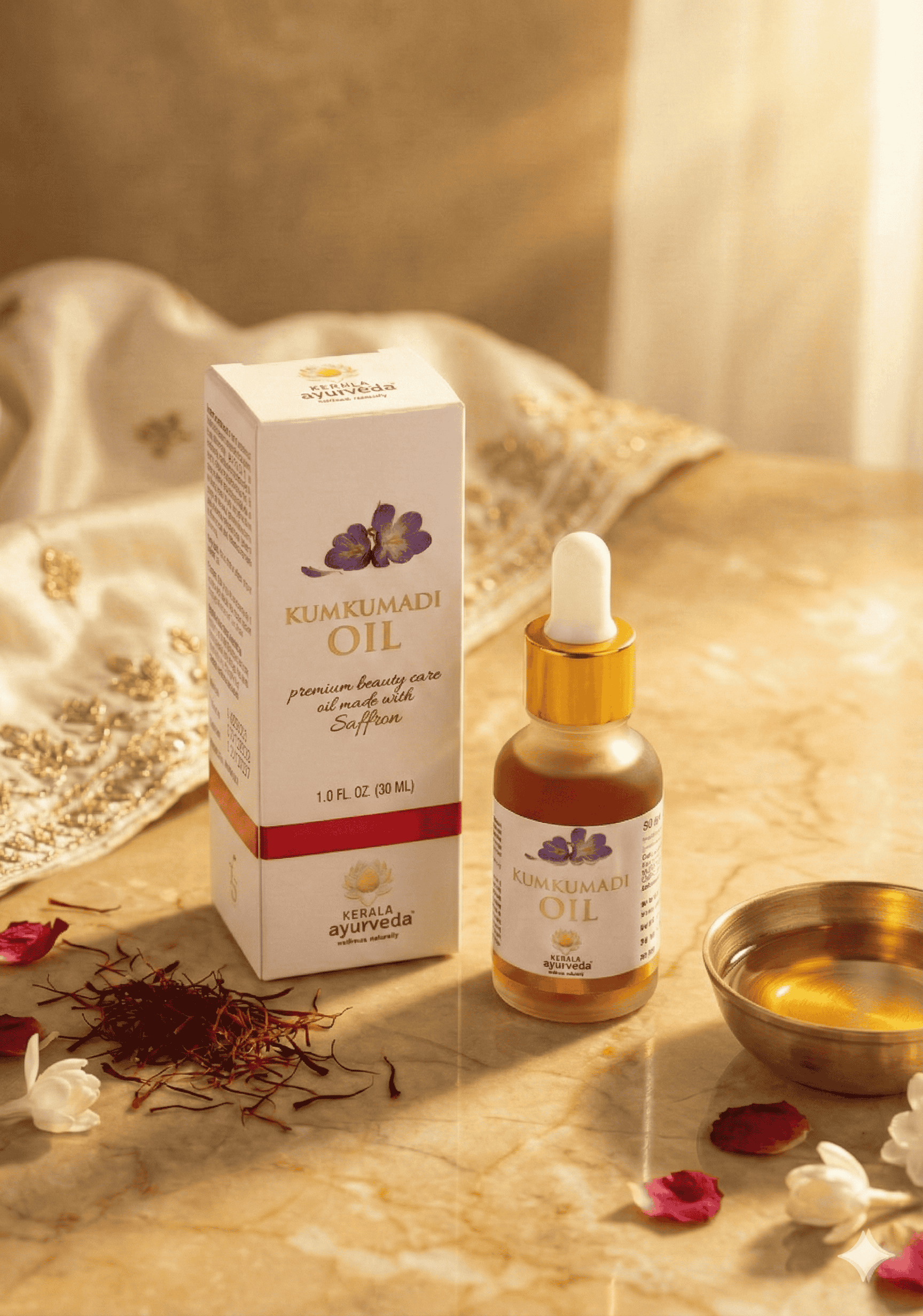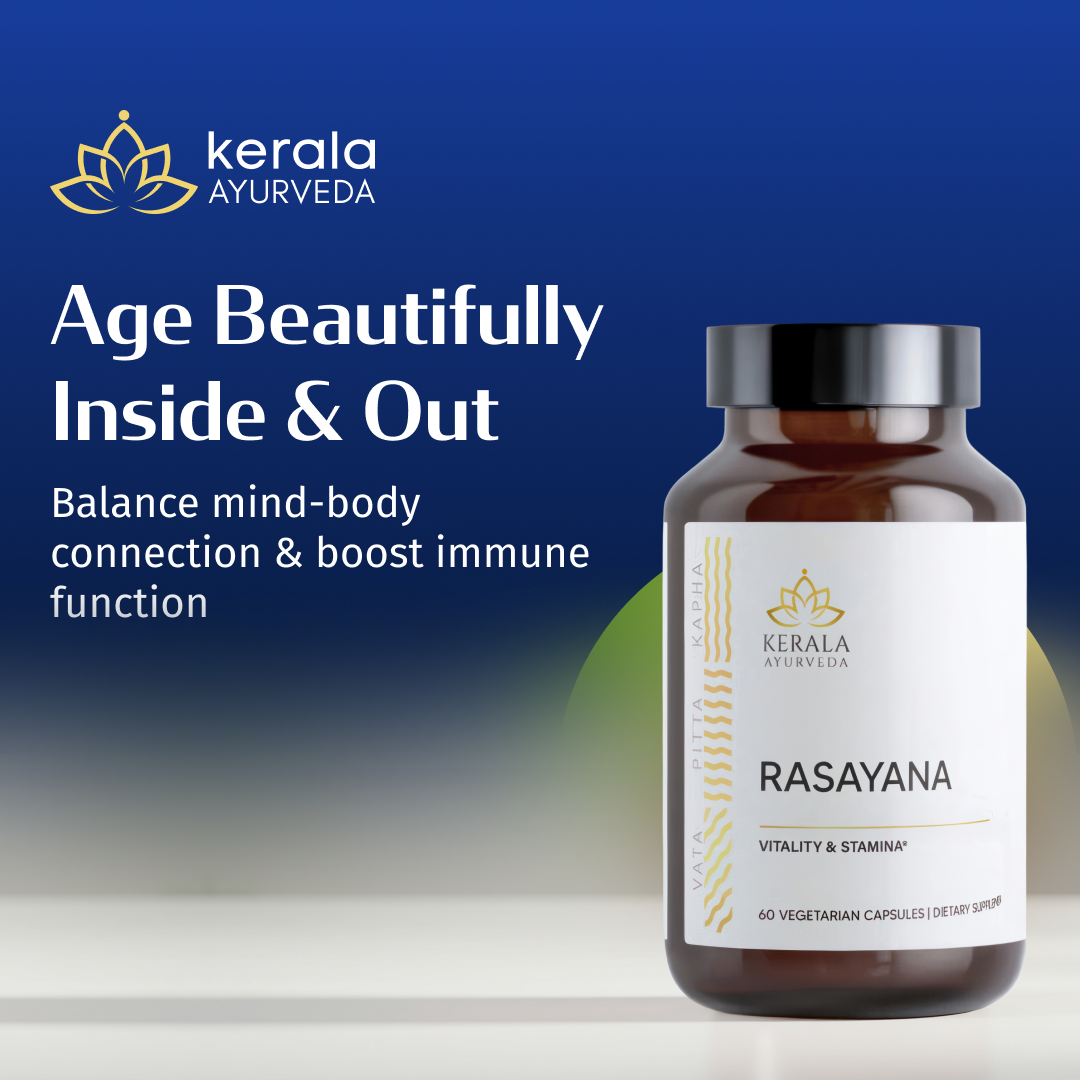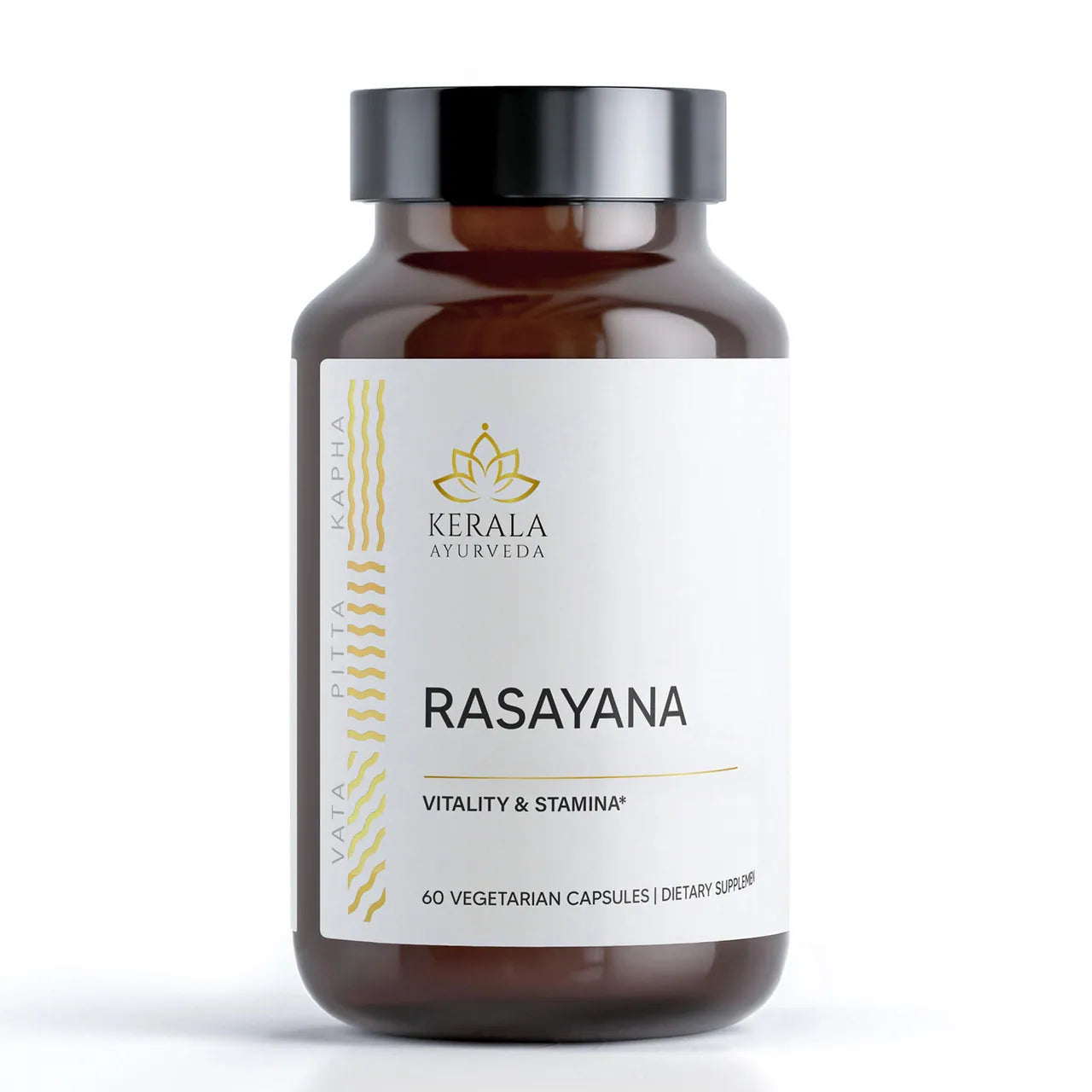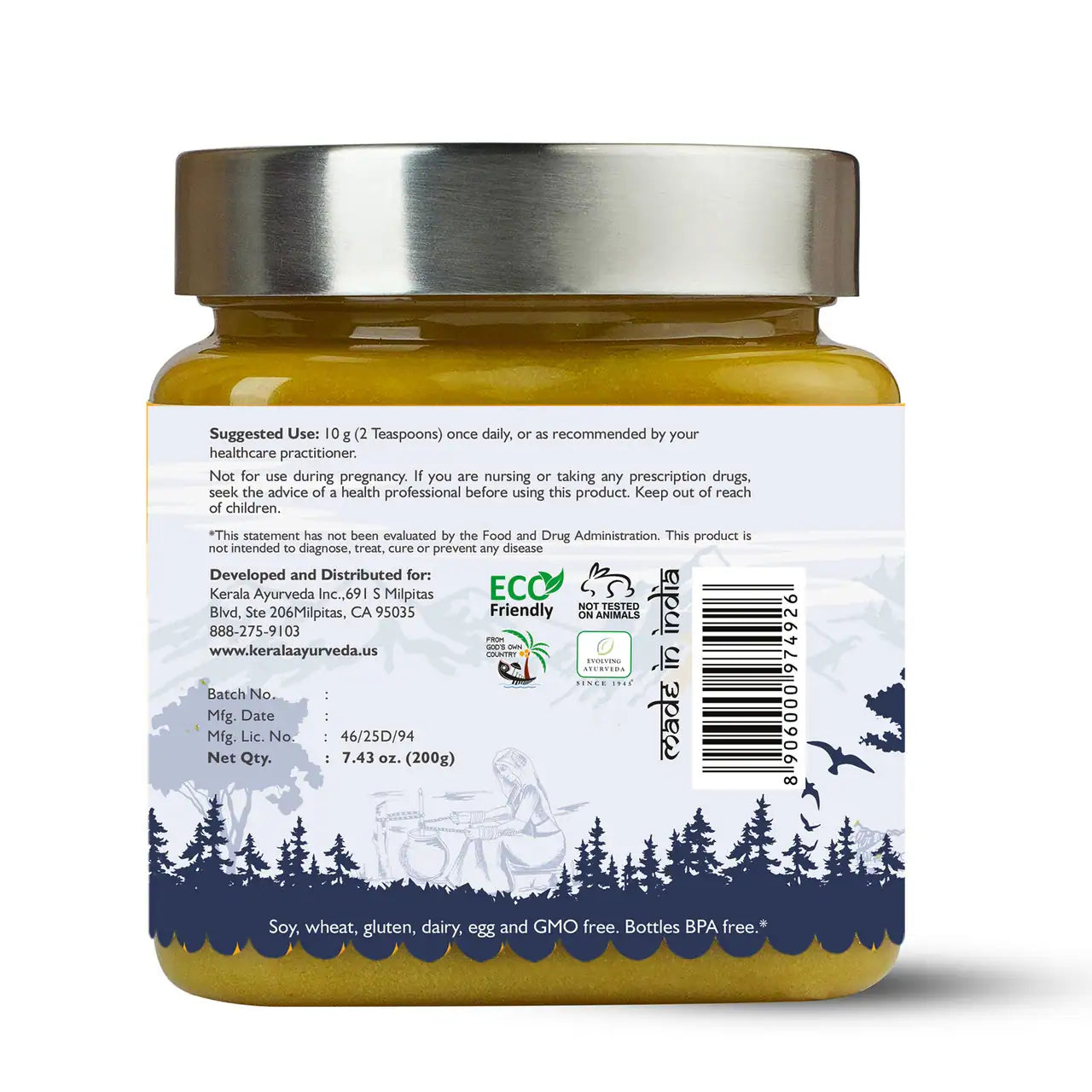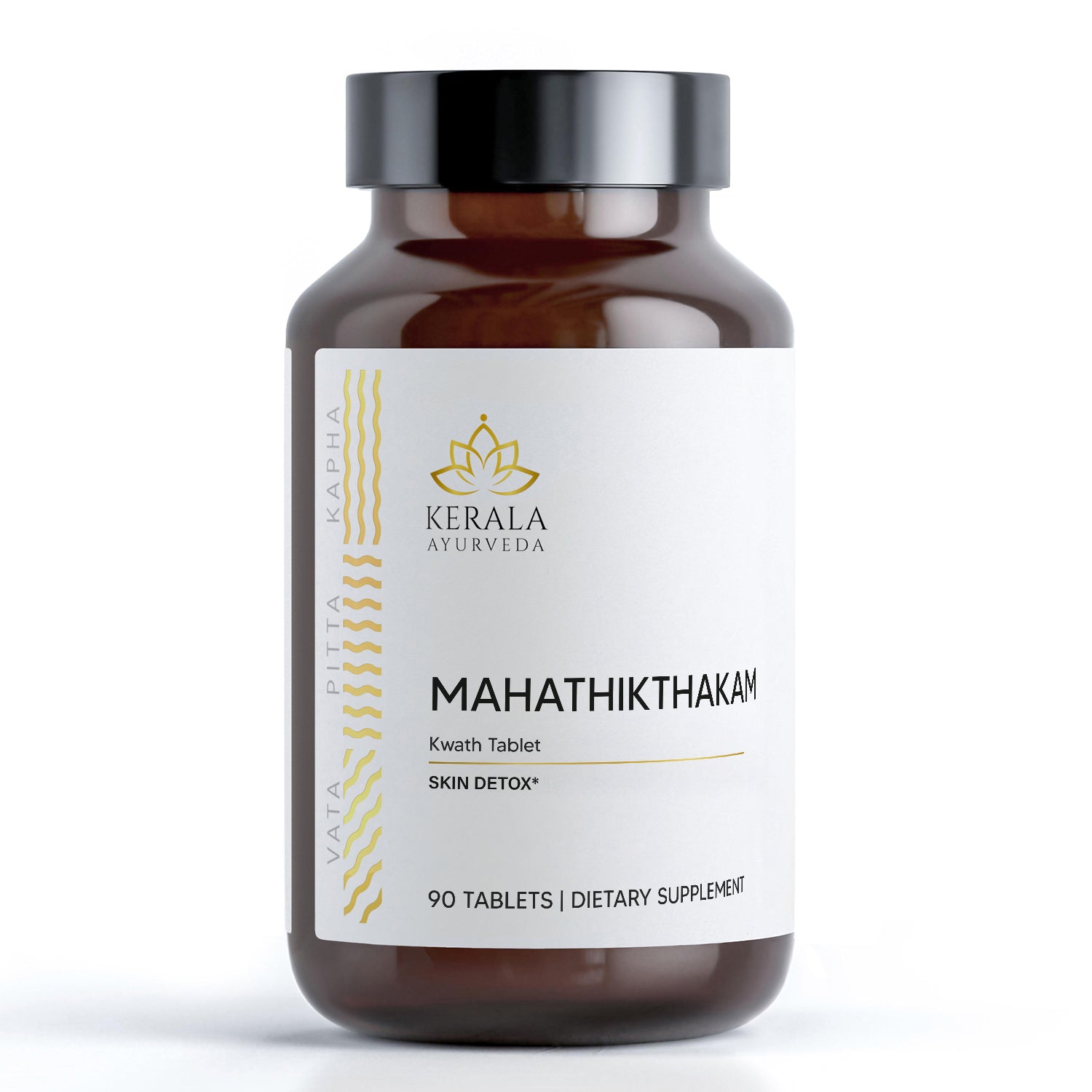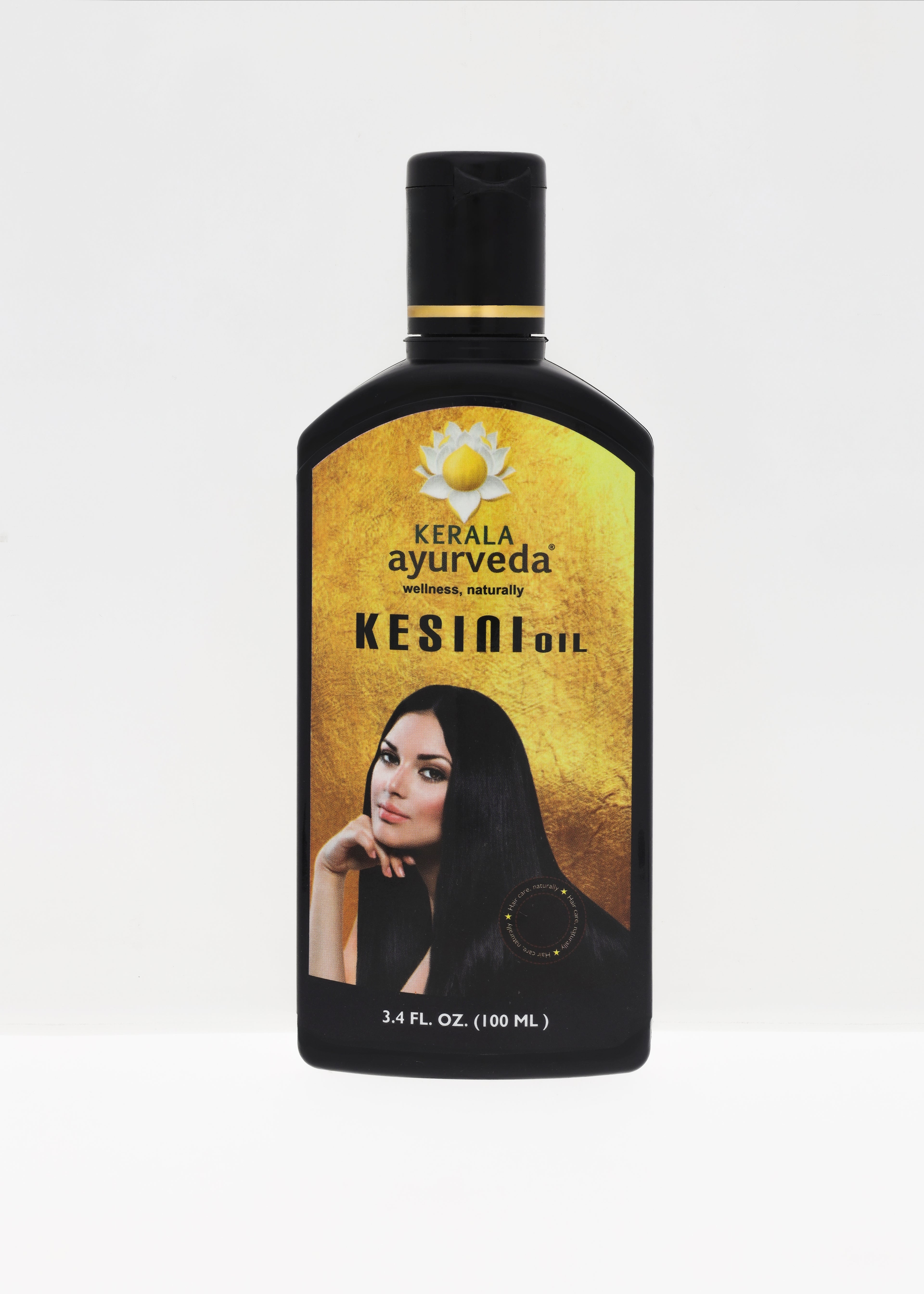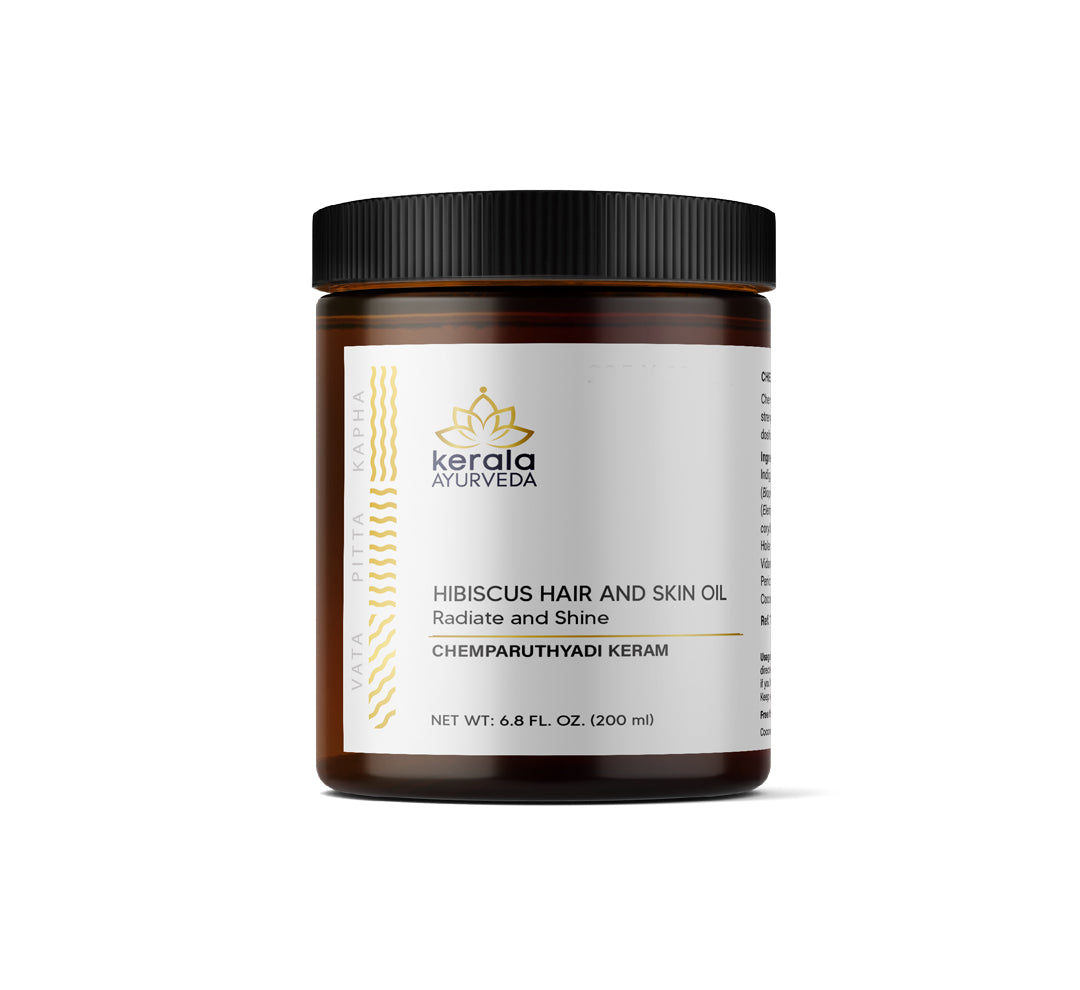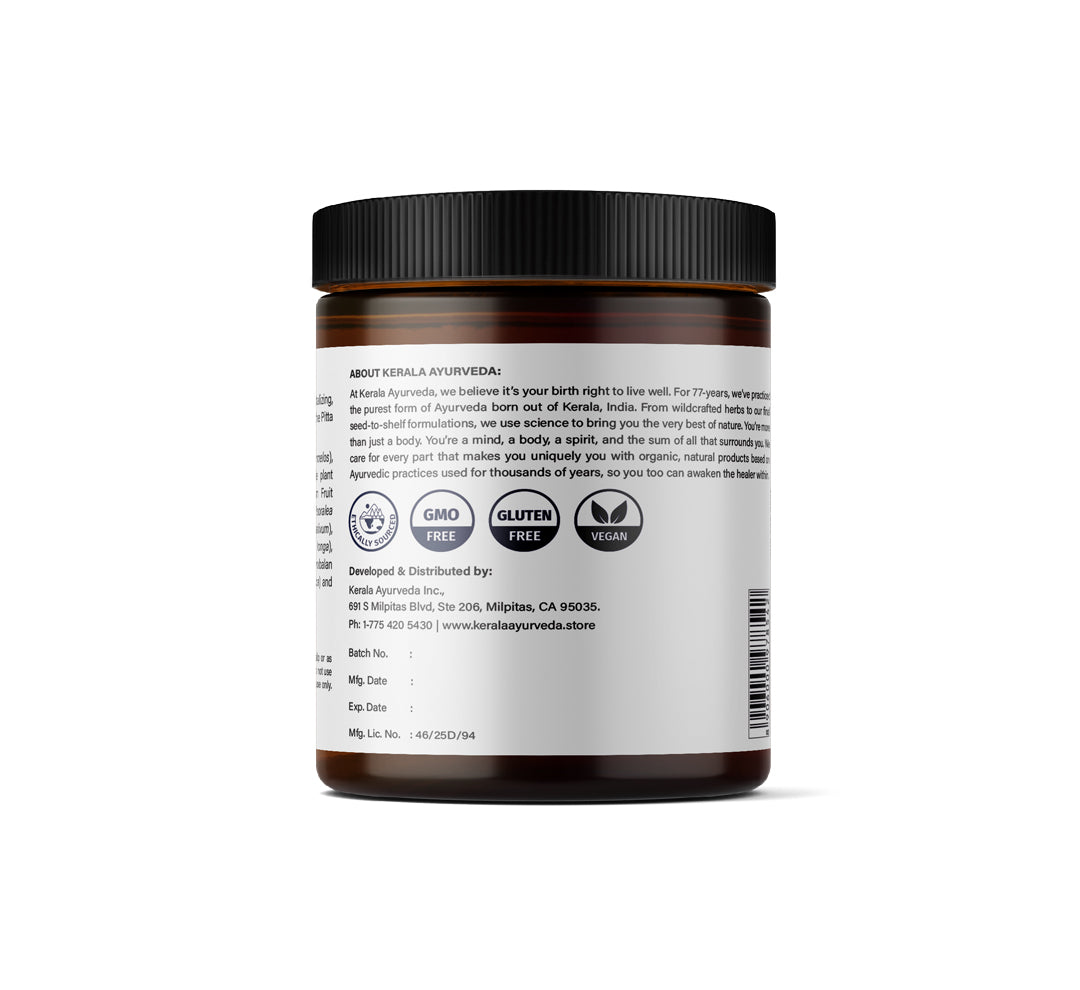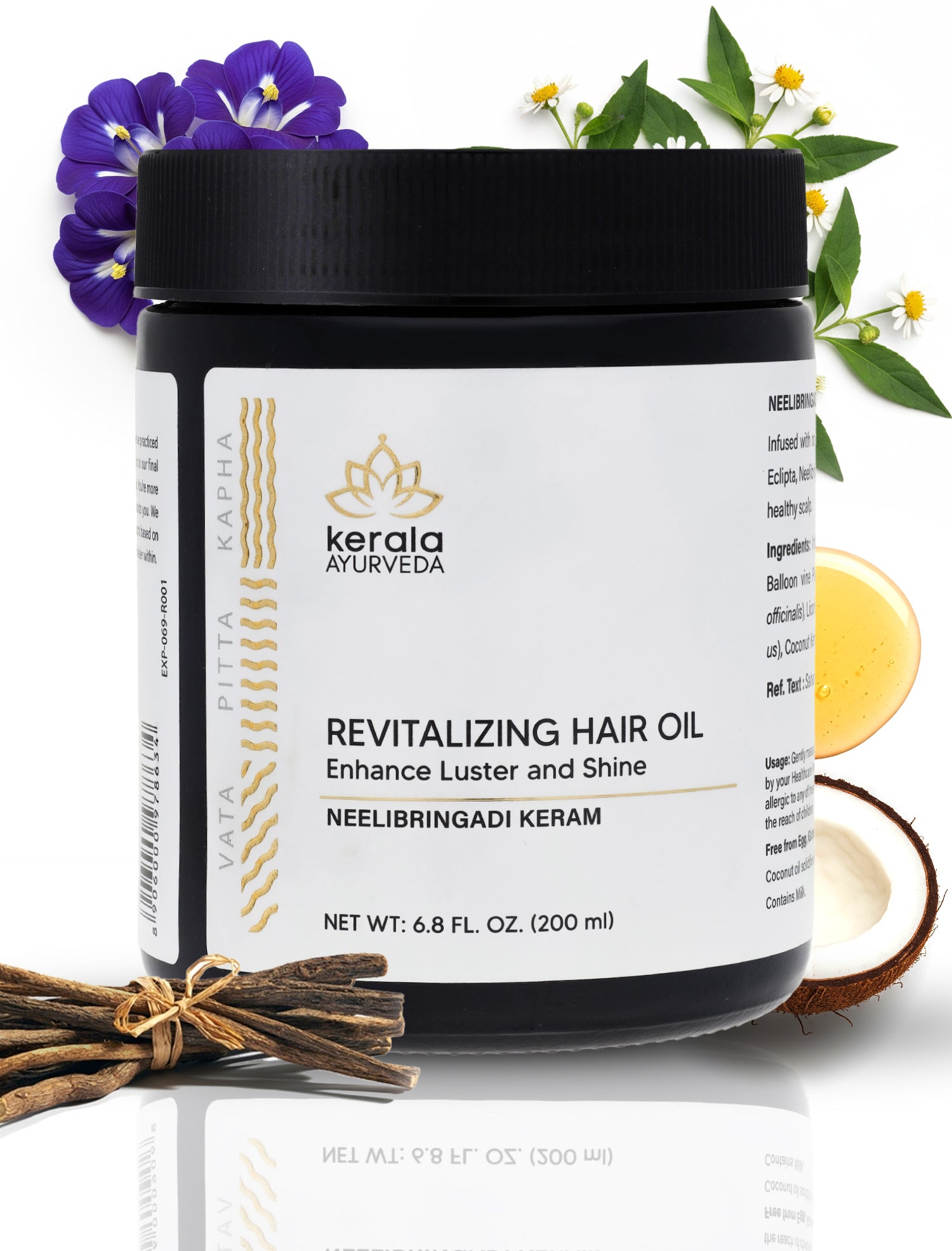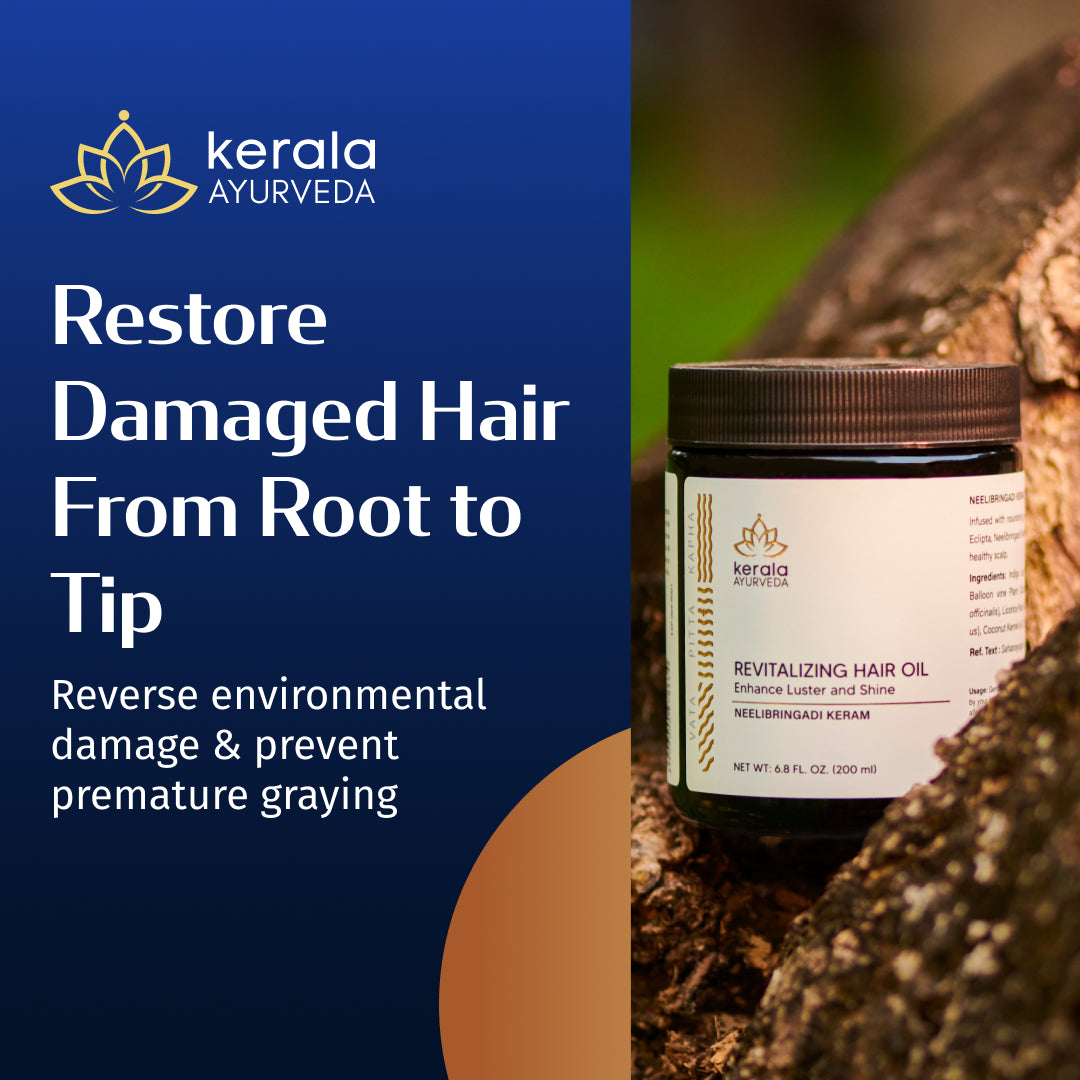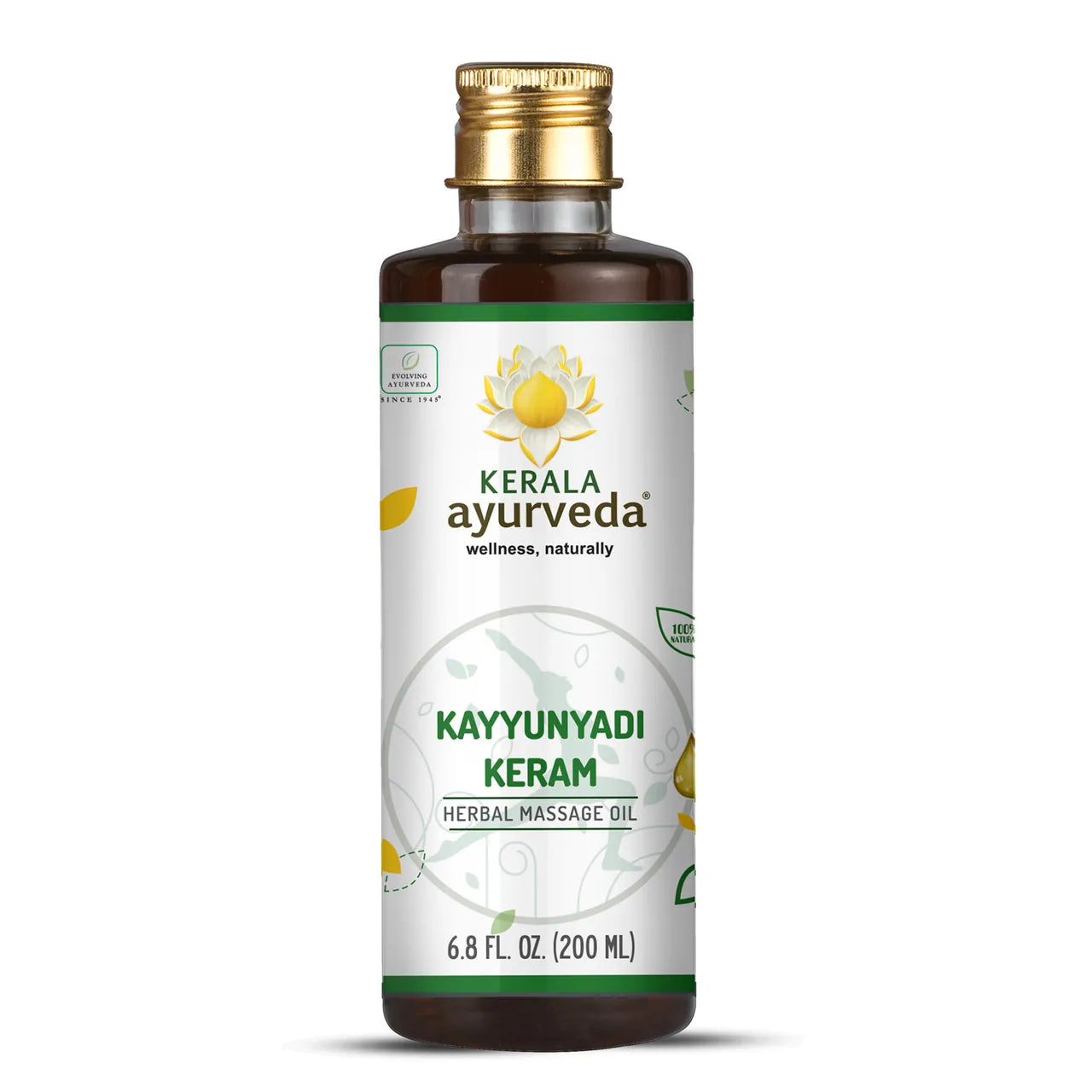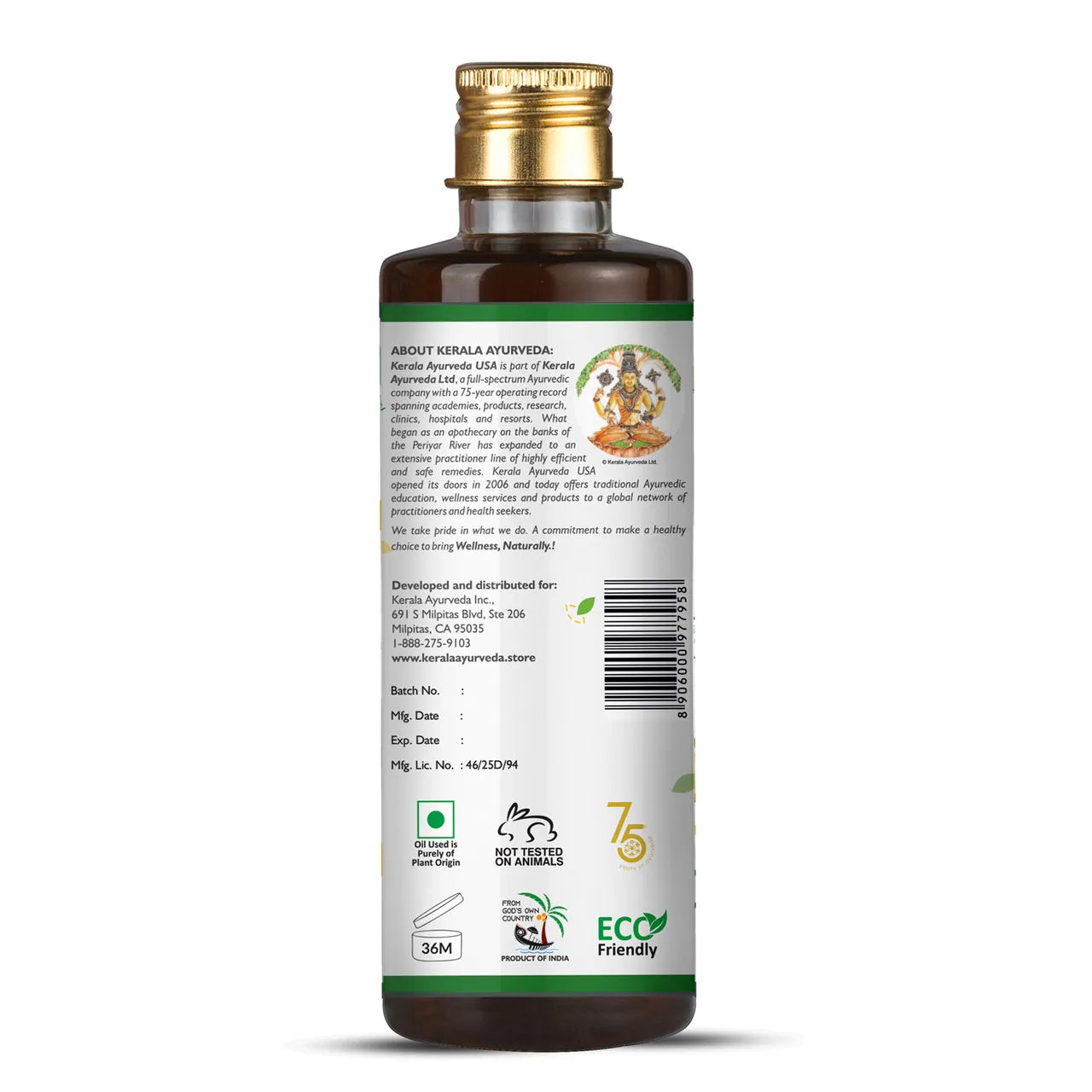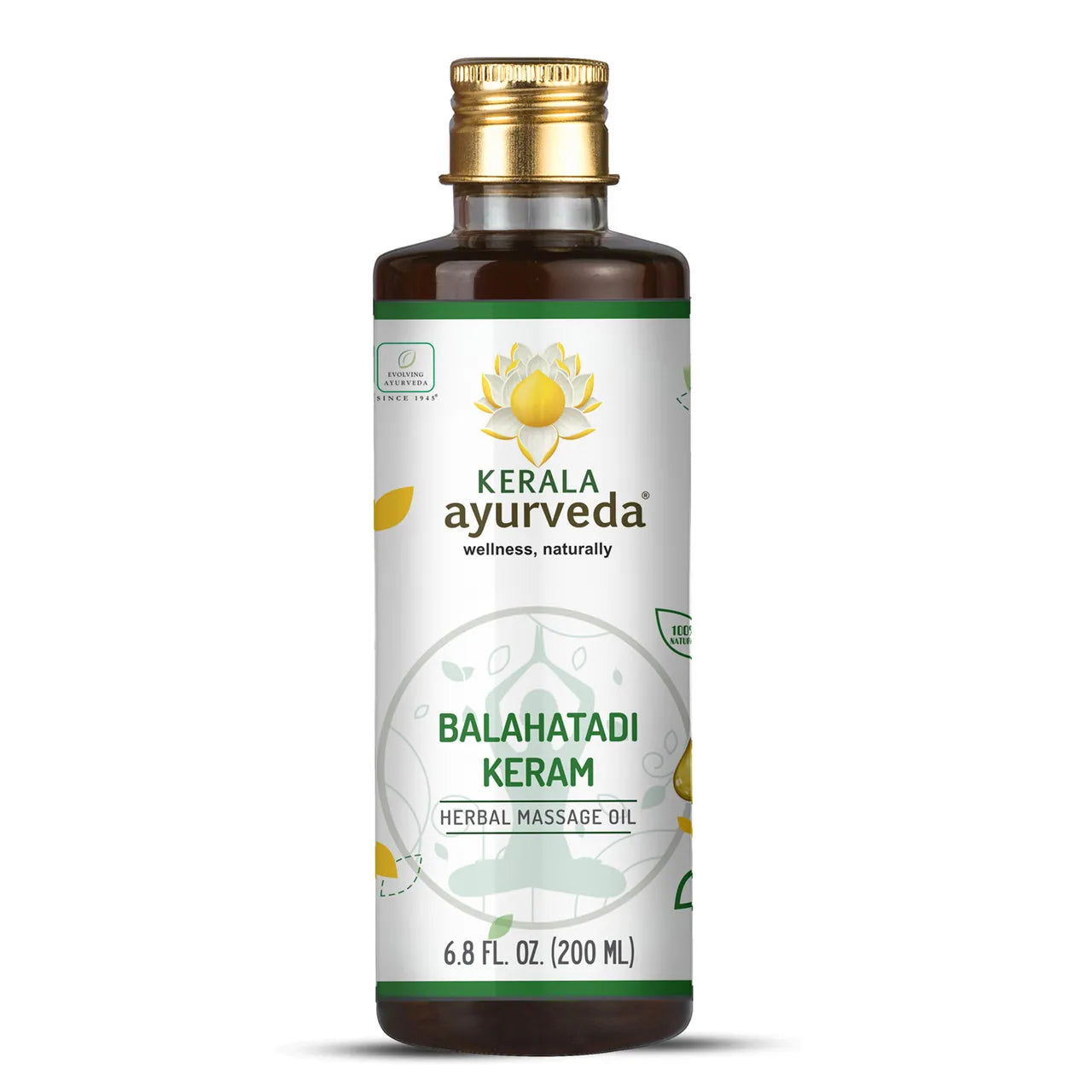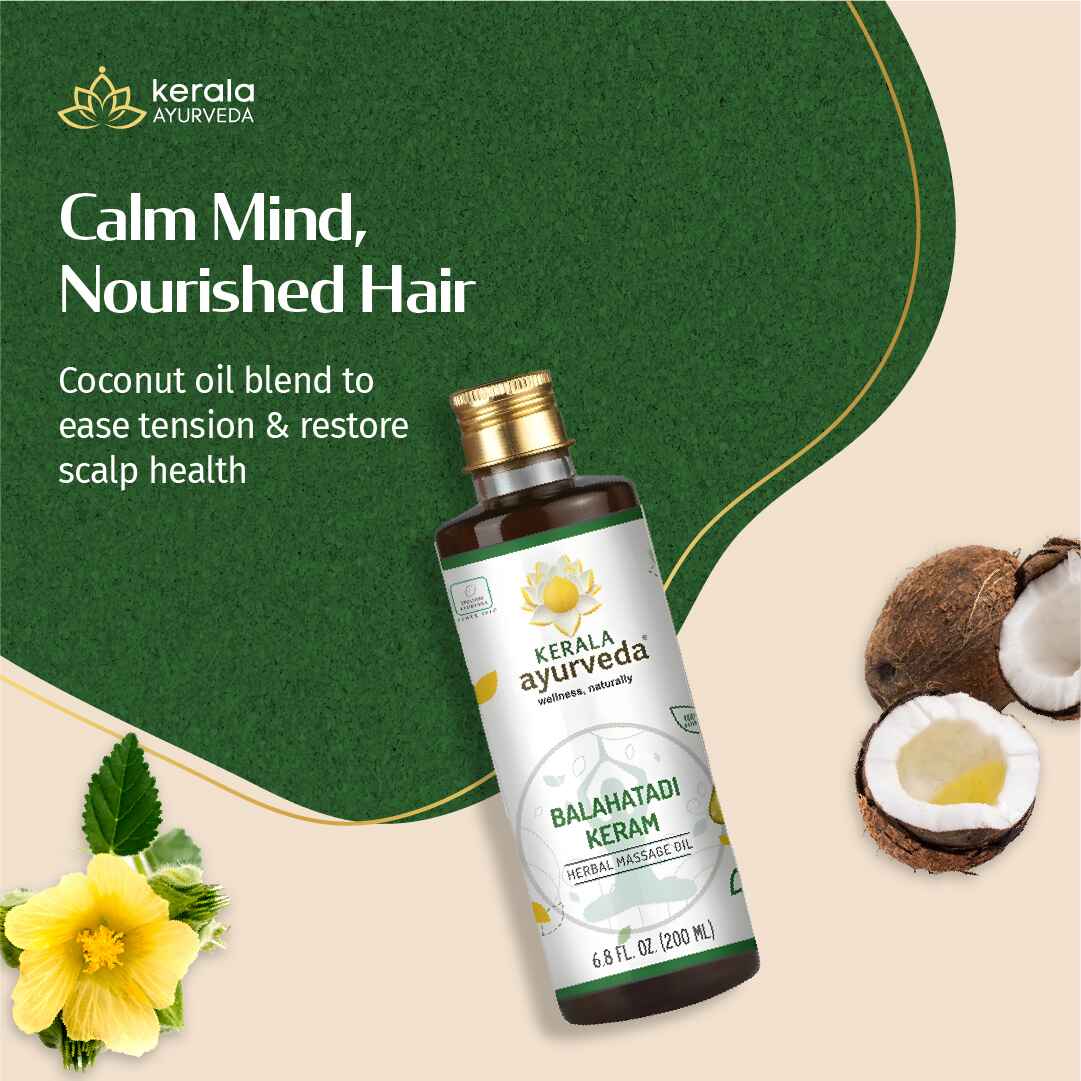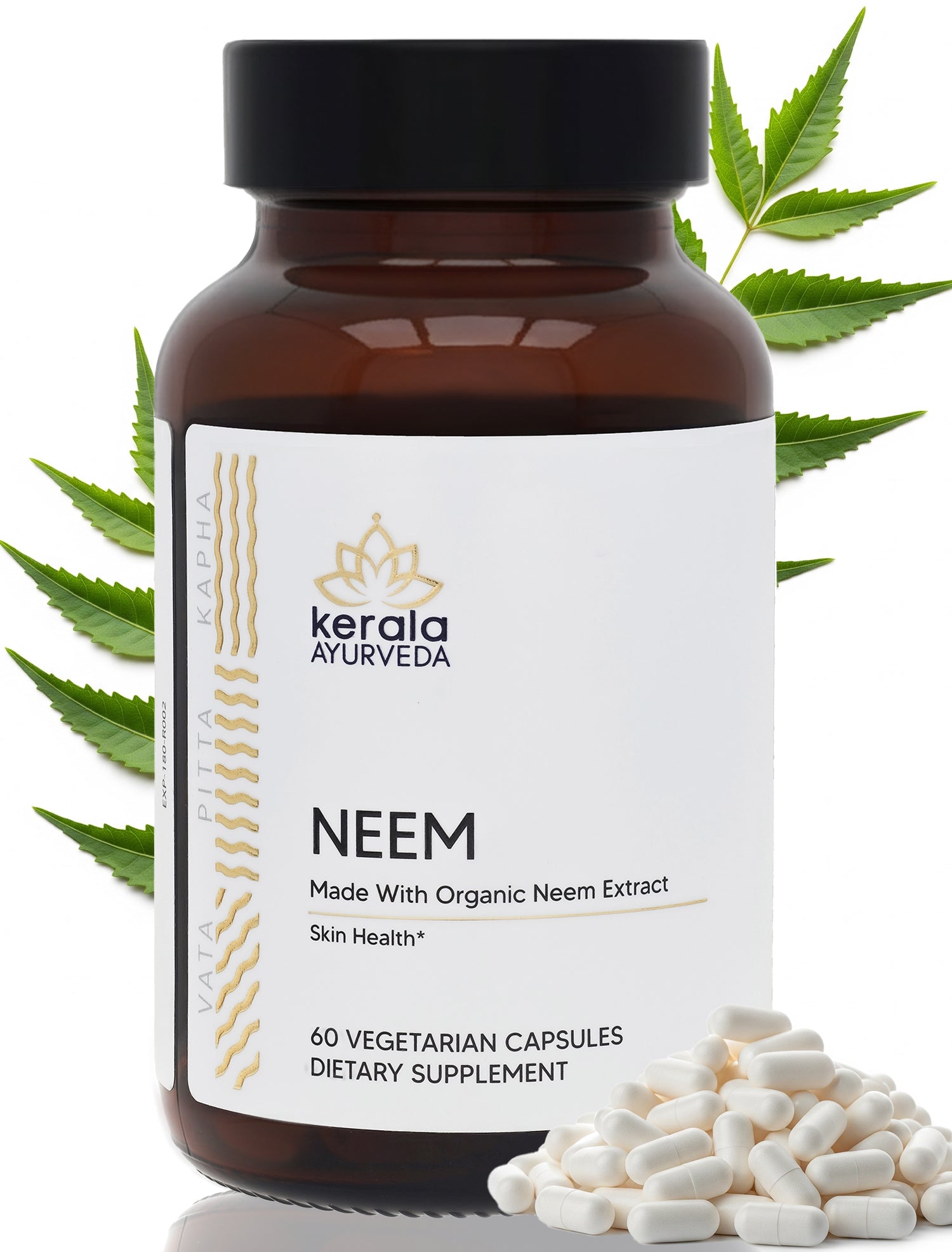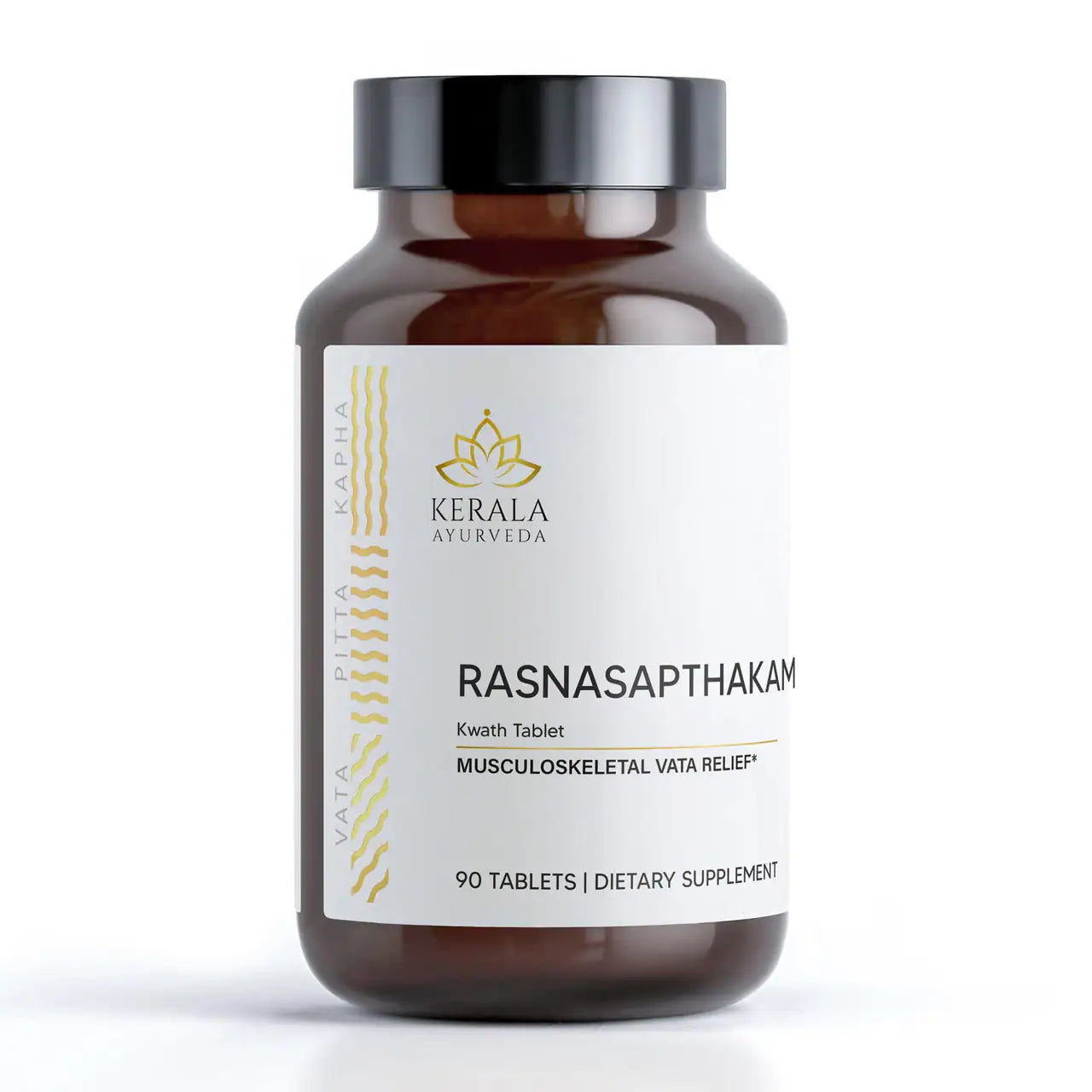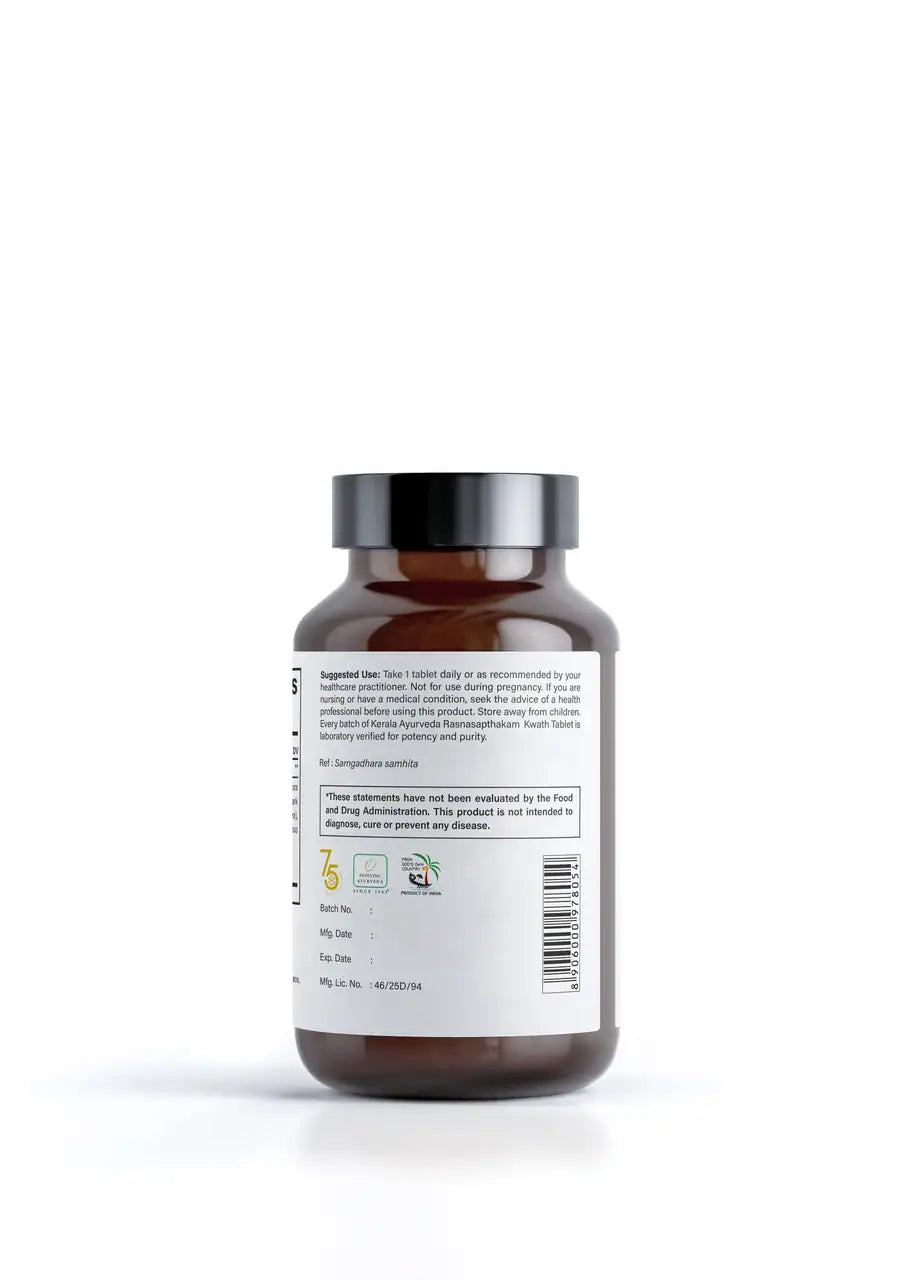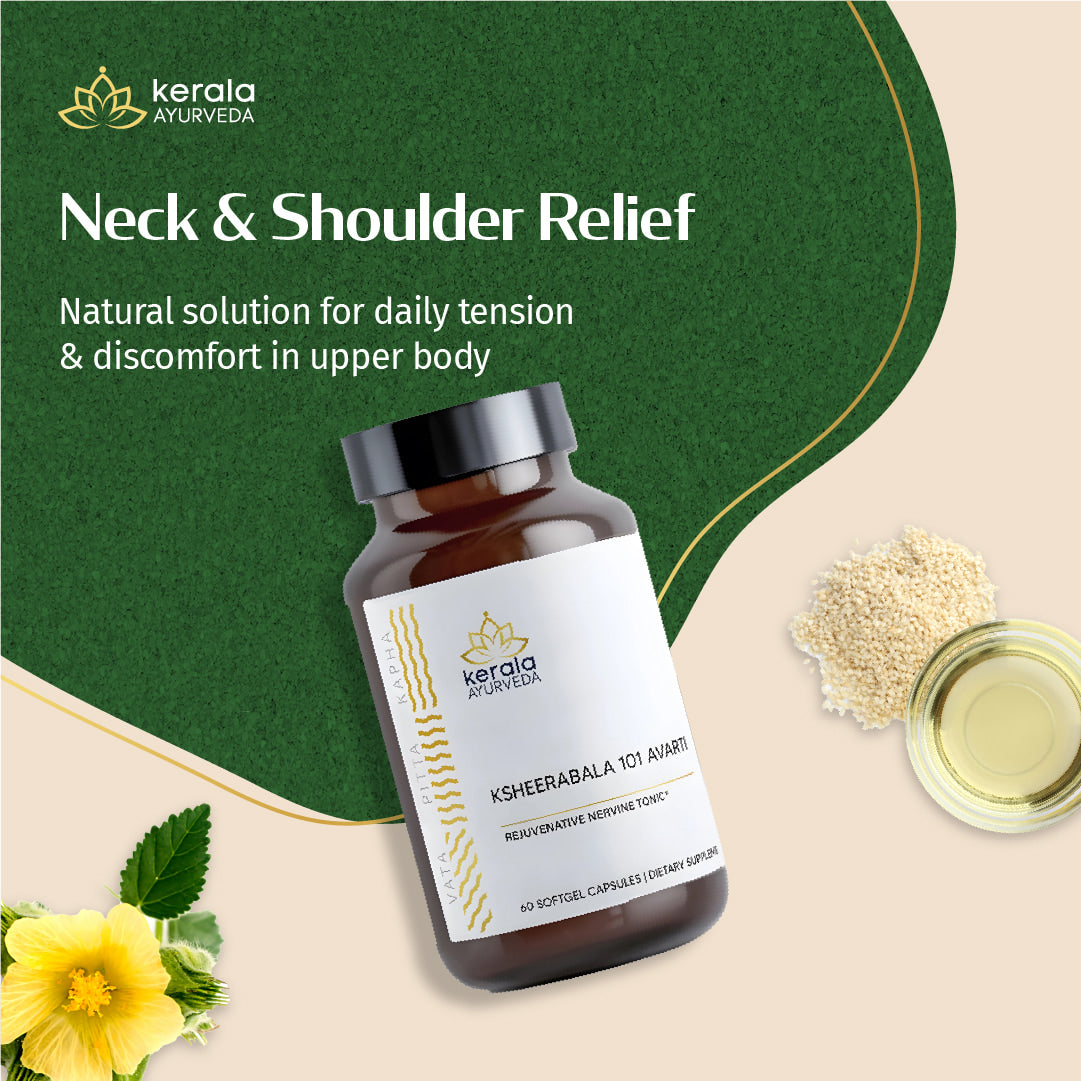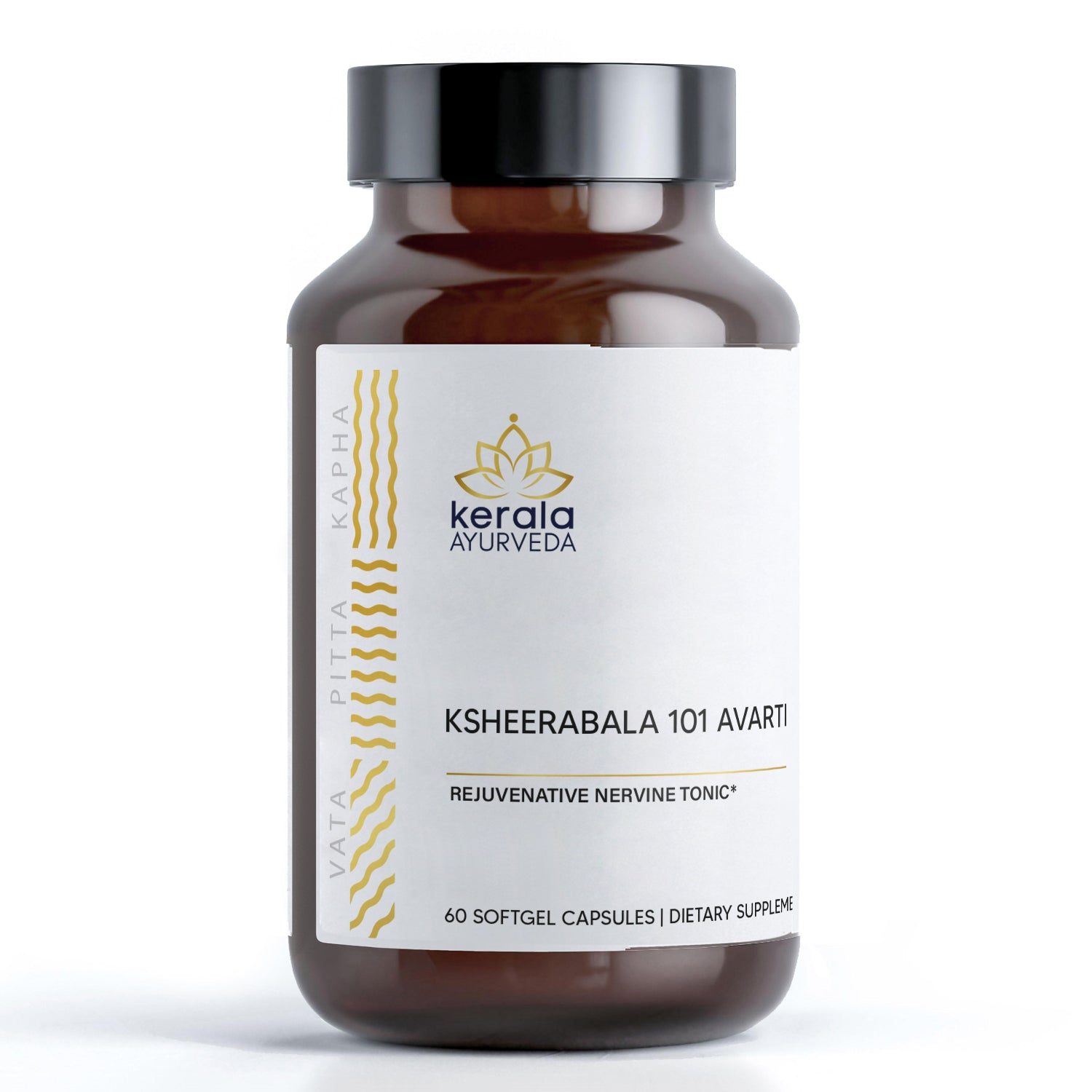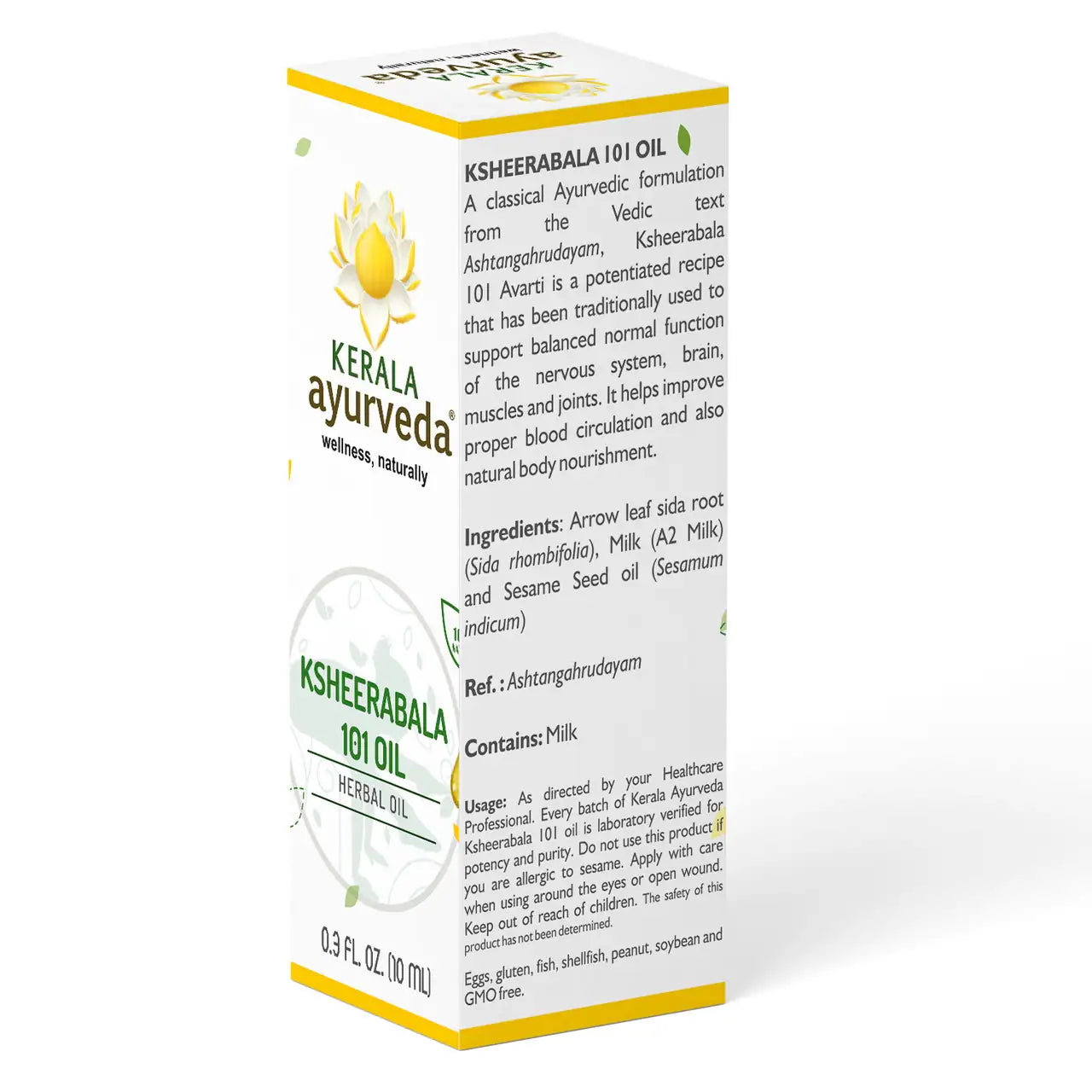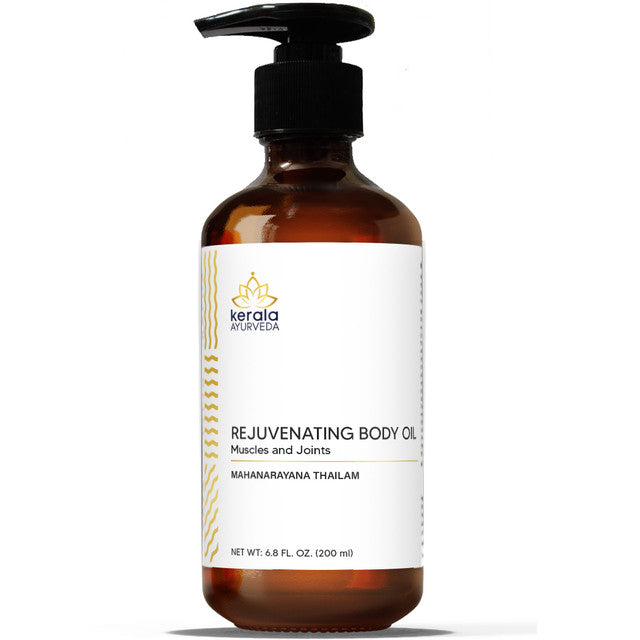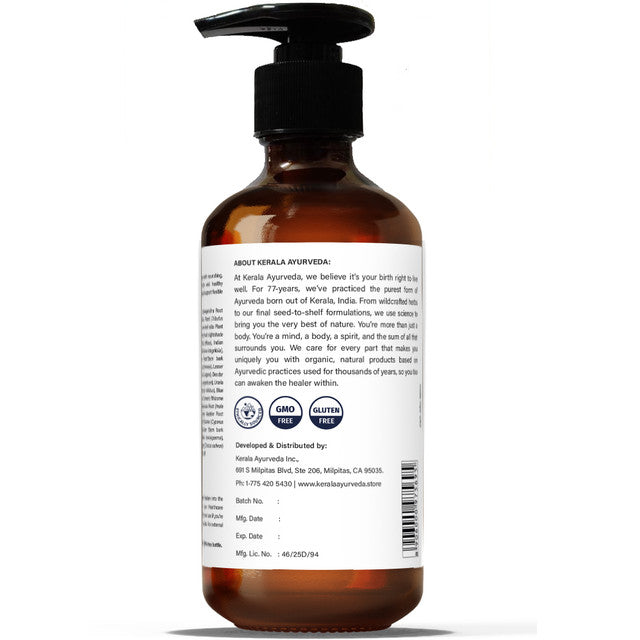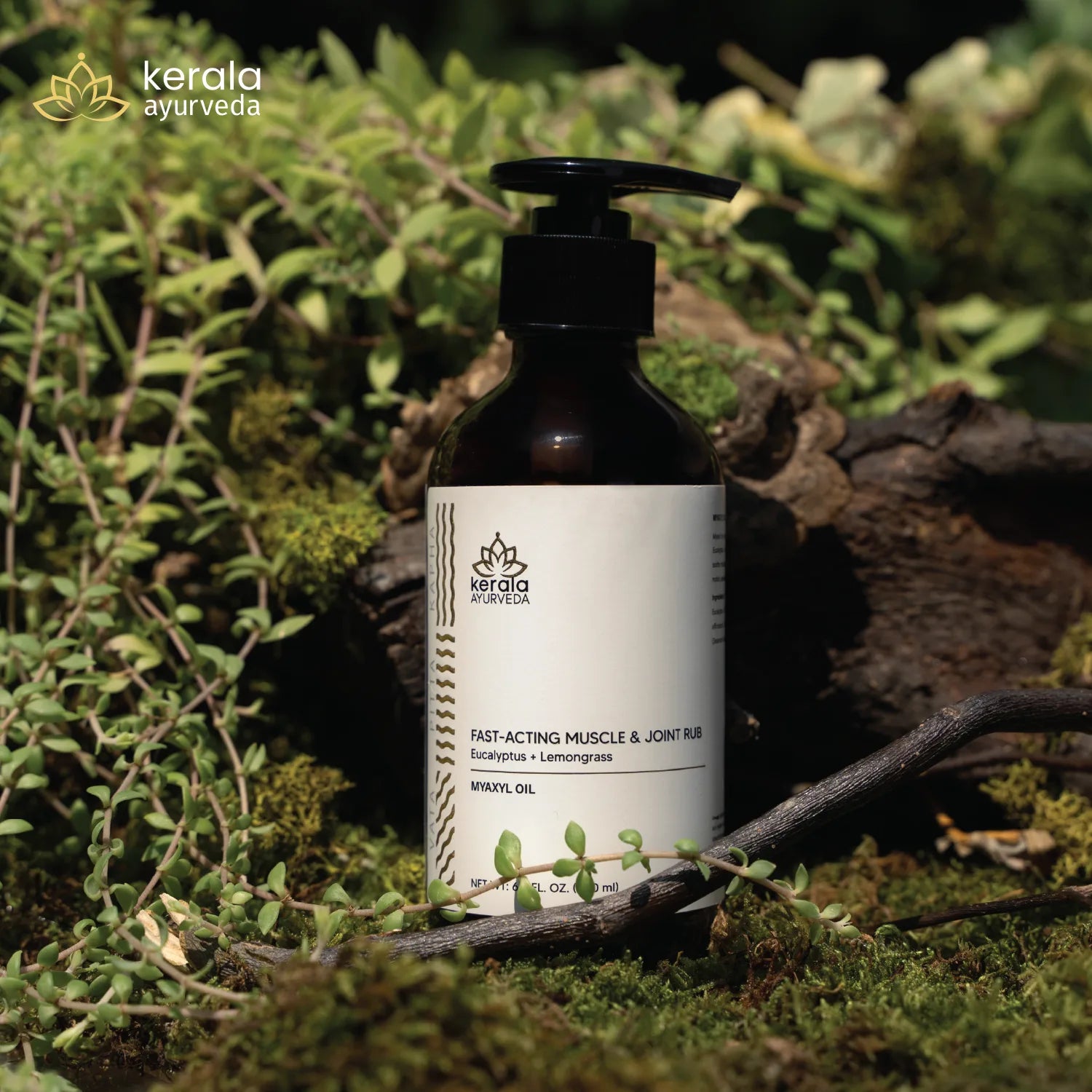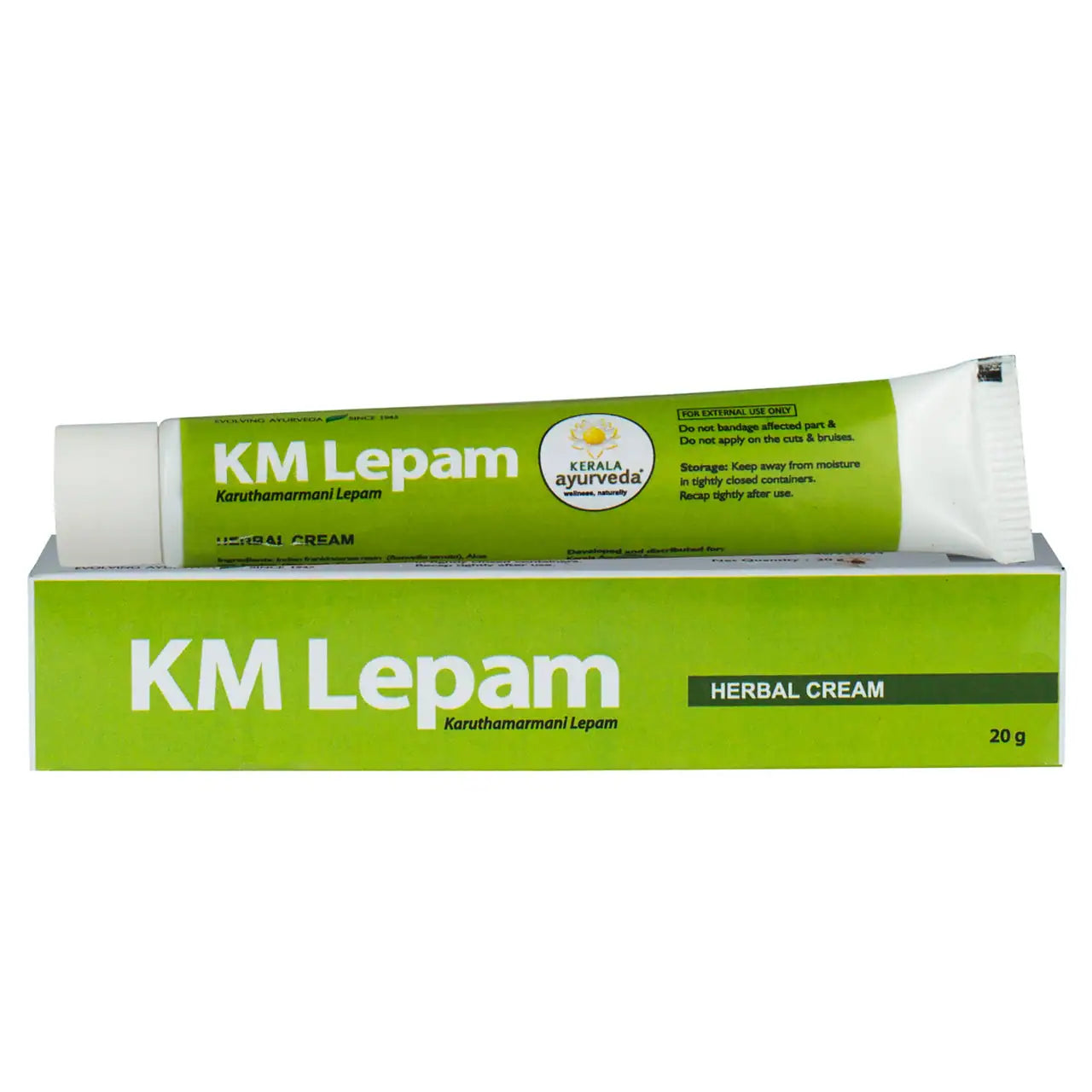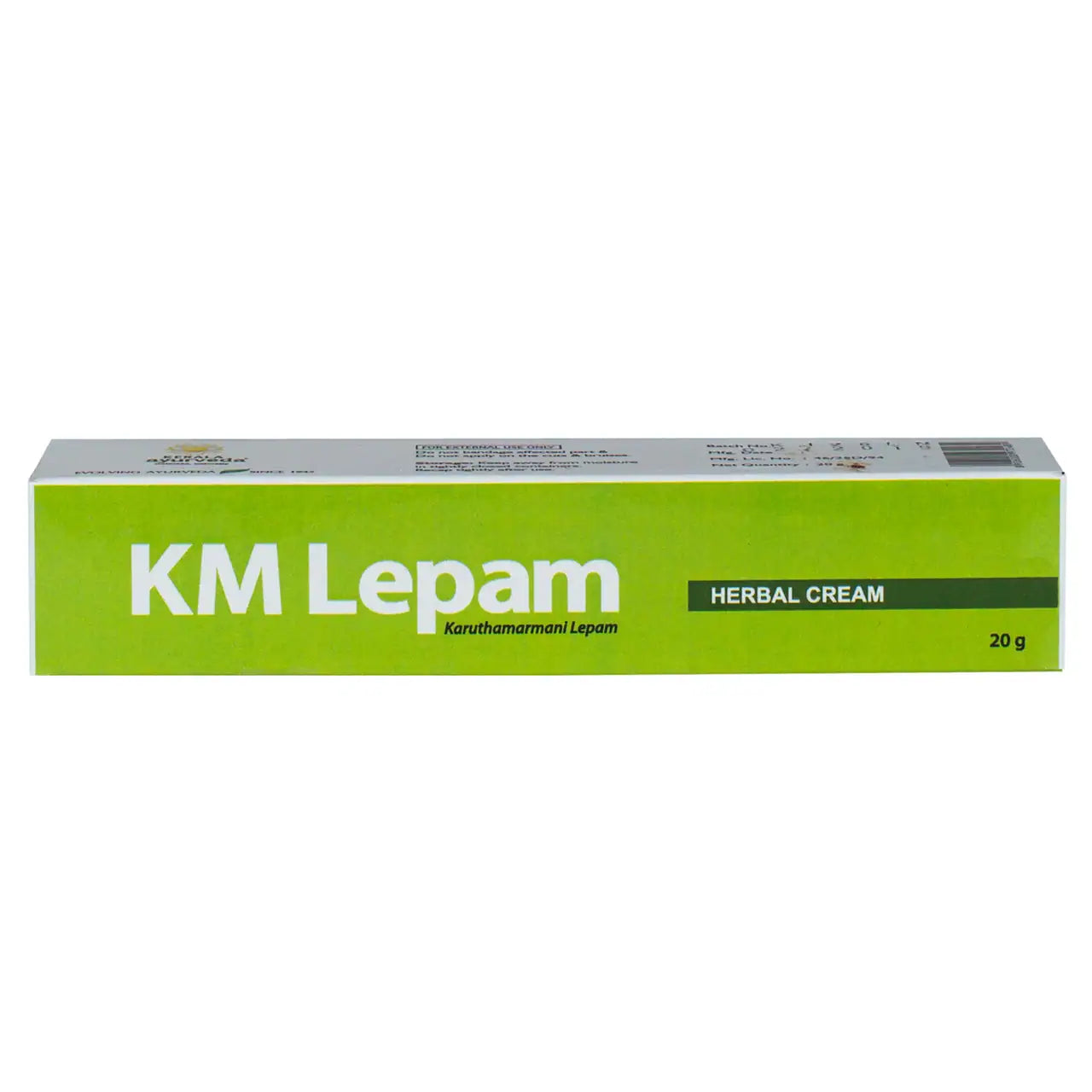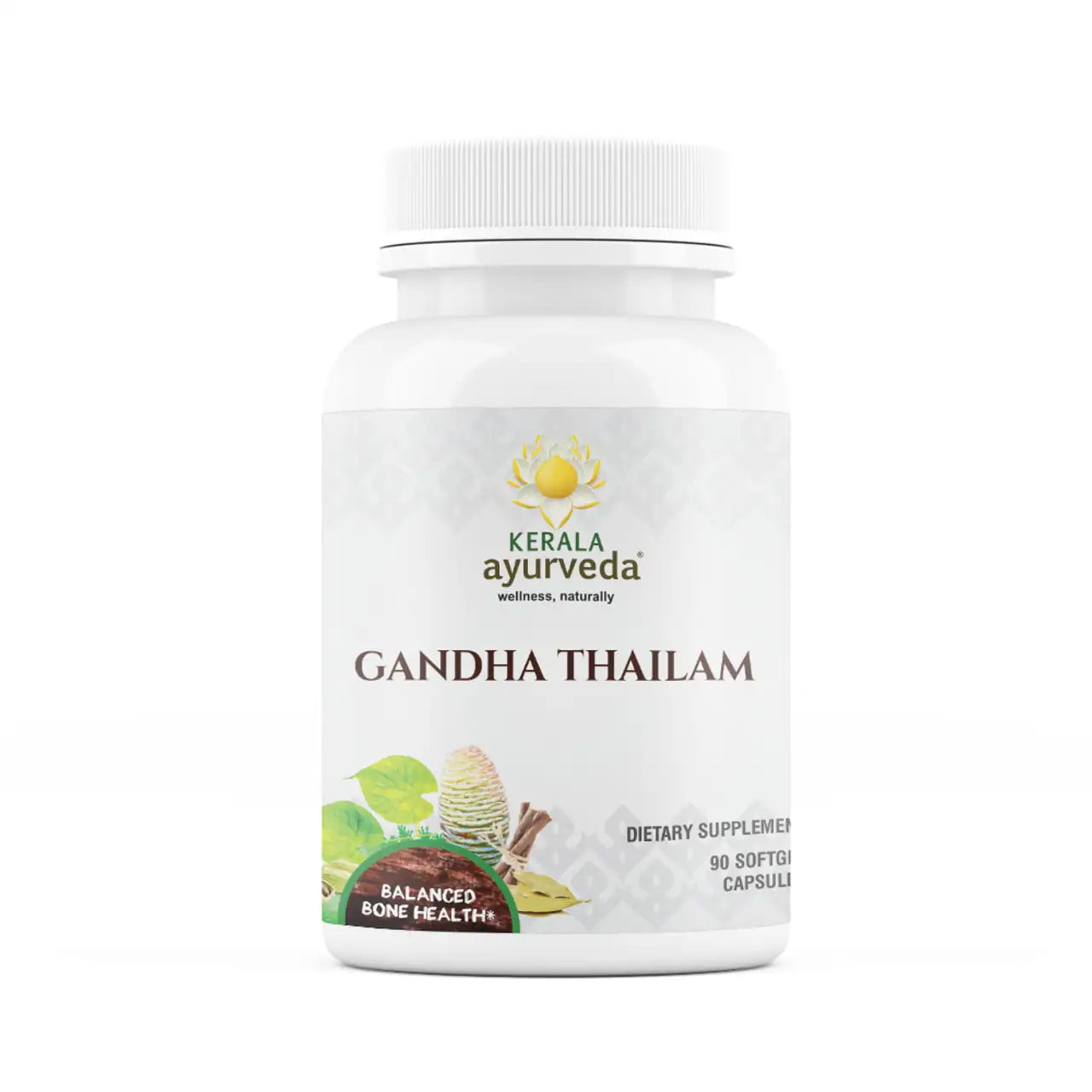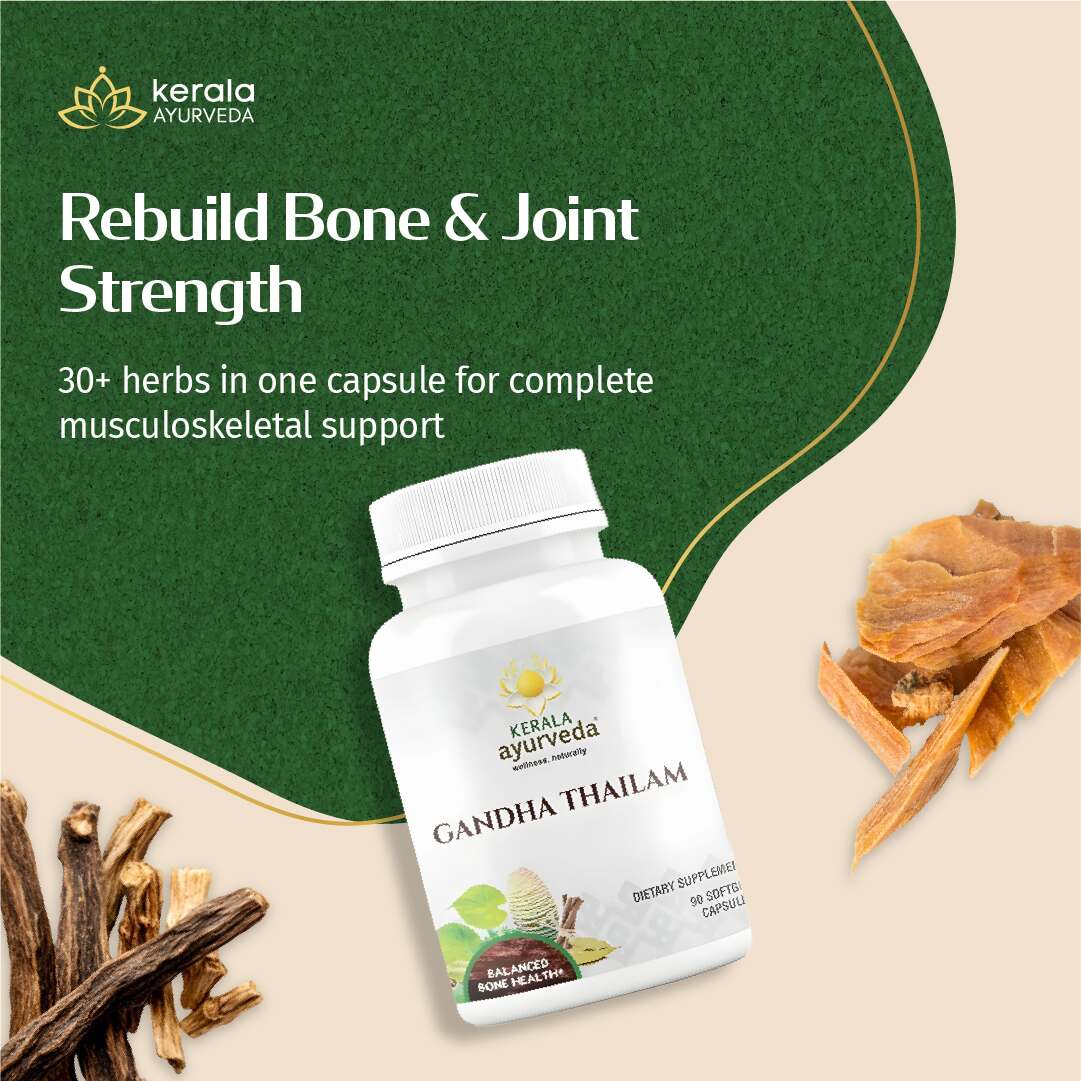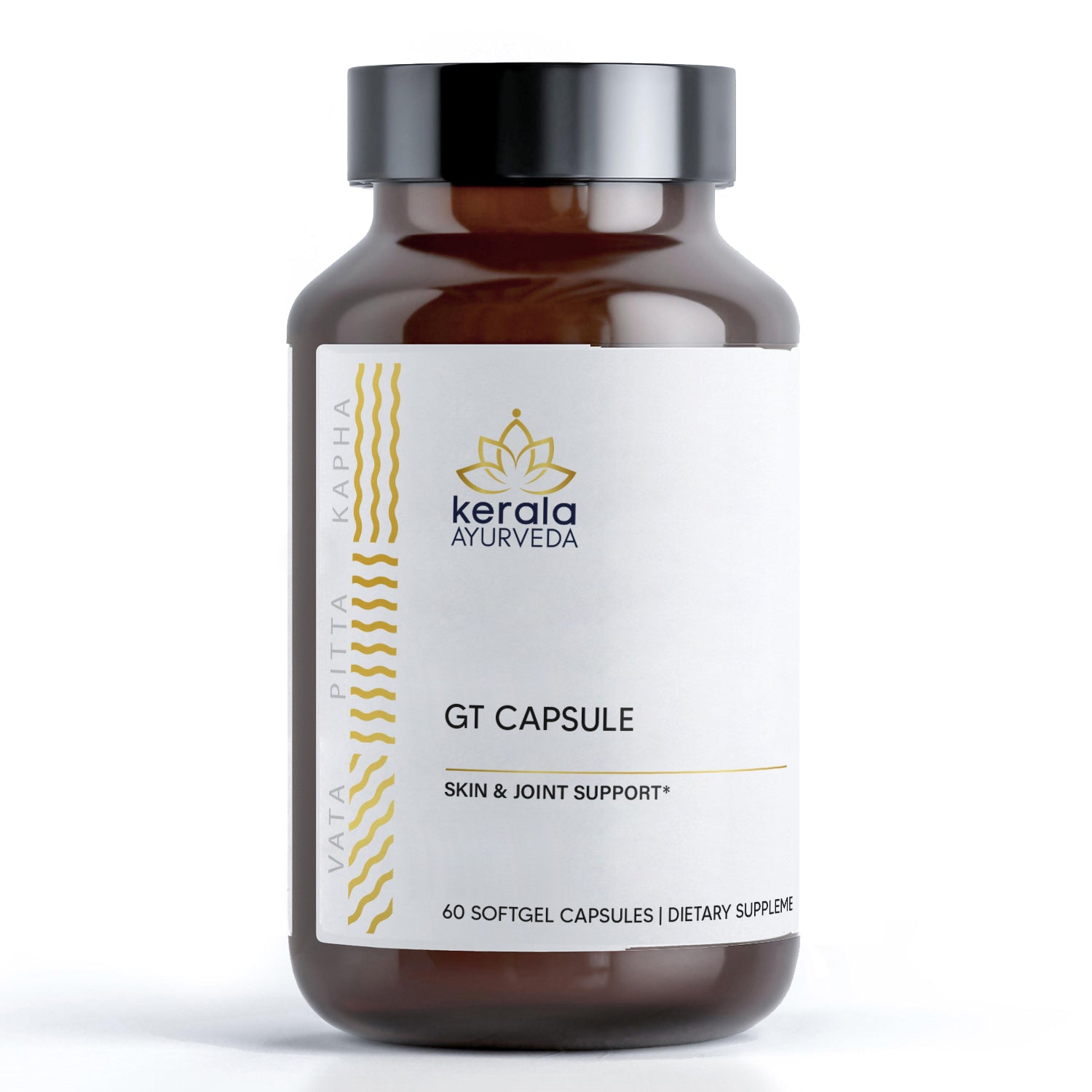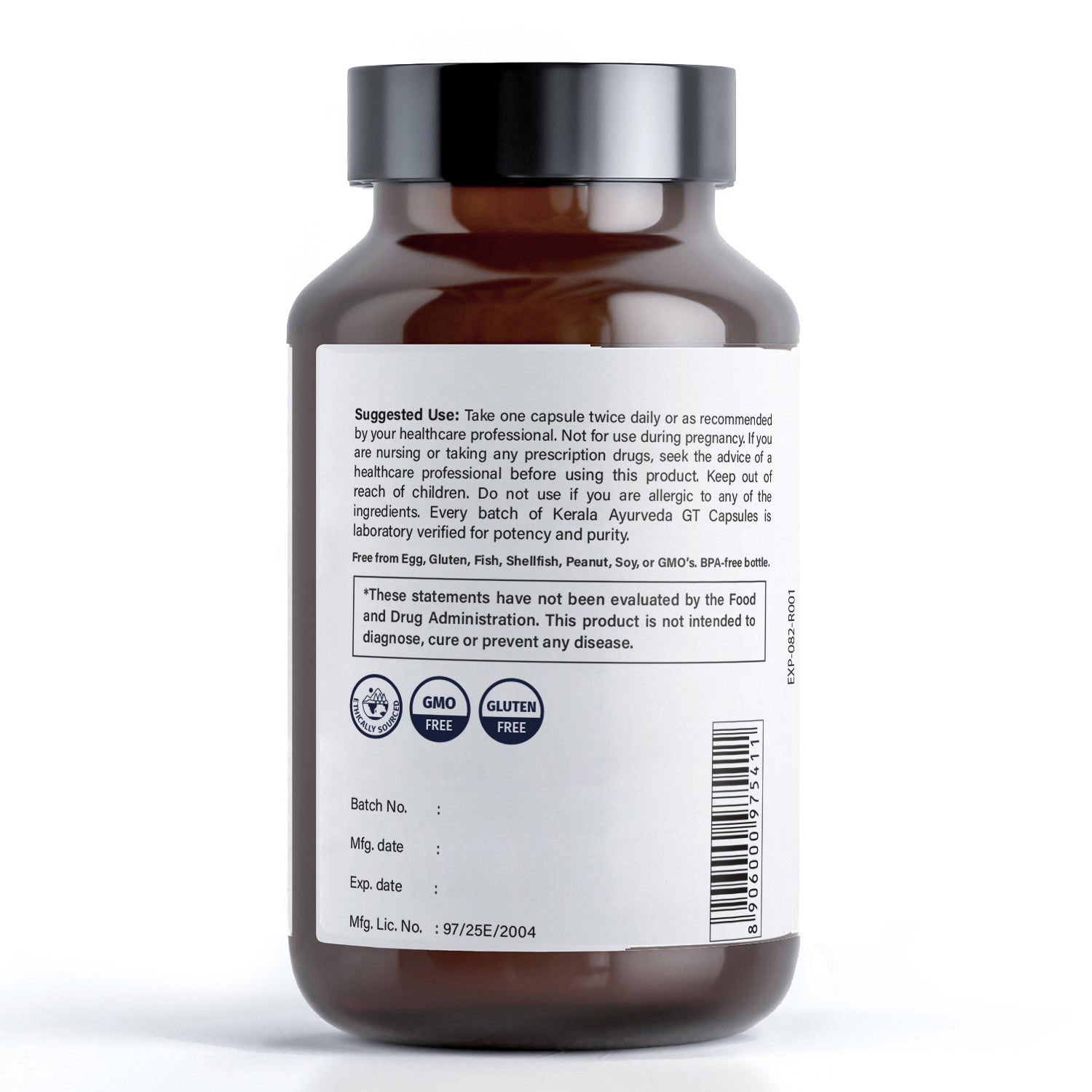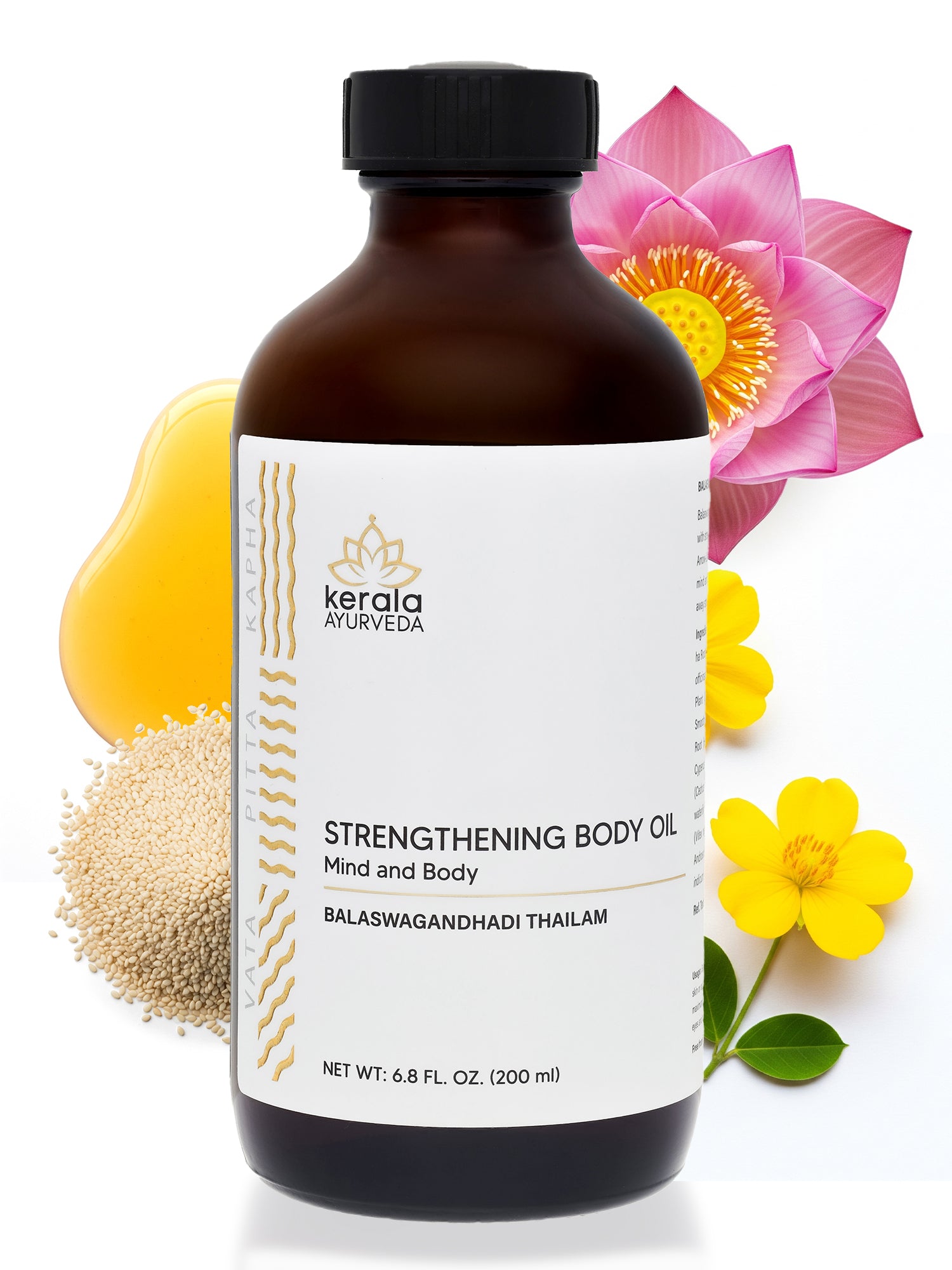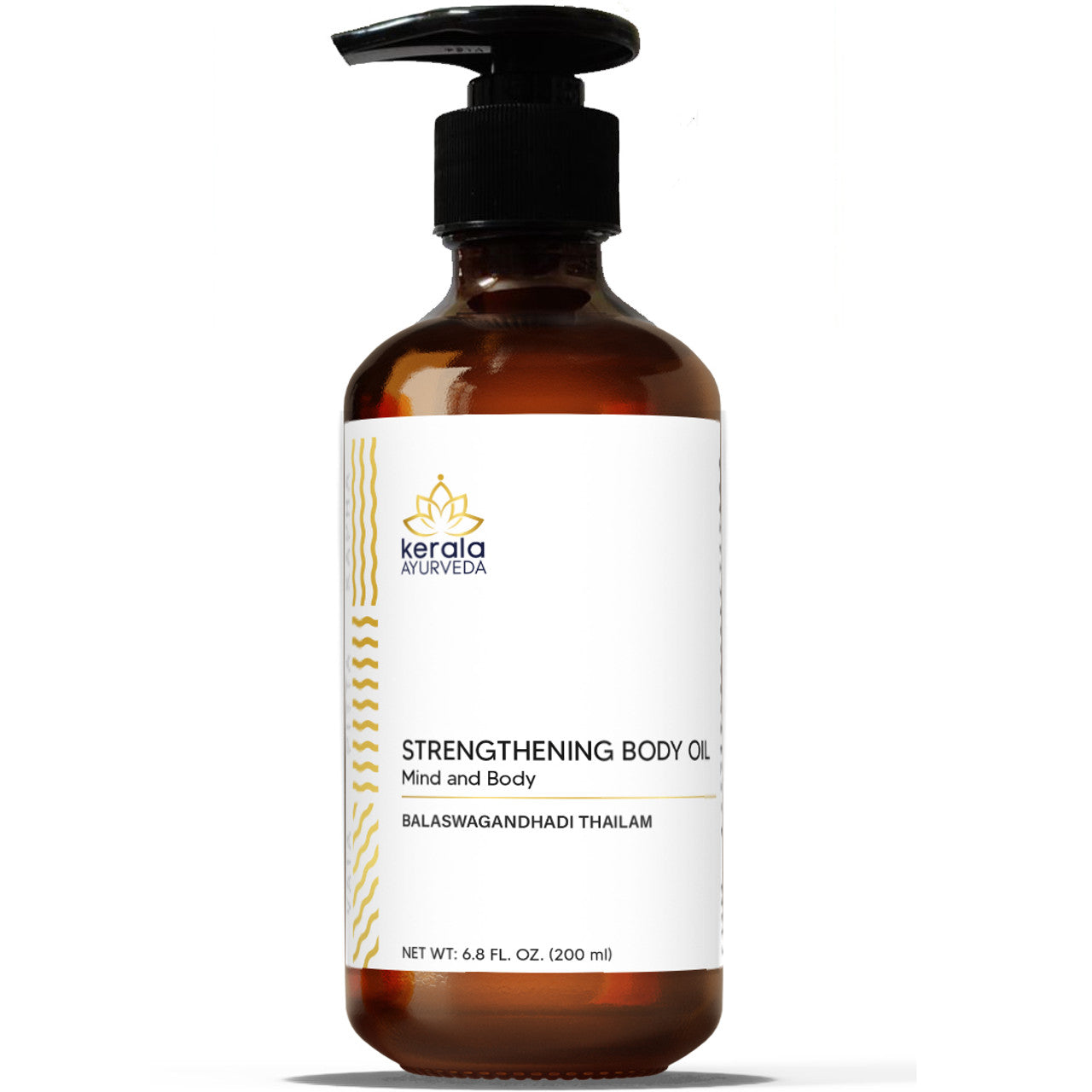Highlights
The lifelong importance of building and maintaining strong bones is one of the most important health investments anyone can make. Our journey begins in childhood with massive bone development and continues throughout life. The results of having strong bones becomes increasingly vital with advancing age. The skeletal foundation built during earlier years determines the strength and resilience that will support an active, independent lifestyle throughout life.
Low bone density occurs when your bones lose mineral content and become less dense than optimal levels. This makes them more fragile and susceptible to fractures, even from minor falls or everyday activities. While this condition affects both men and women, women face unique biological challenges that make bone health particularly important throughout their lives.
Women's bones encounter greater vulnerability due to natural hormonal fluctuations, especially the decline in estrogen after menopause. Estrogen acts as a protective guardian for bone tissue, and when levels drop, bone loss accelerates. Additionally, women typically achieve lower peak bone mass than men during their younger years, creating a smaller "bone bank" to draw from as aging occurs.

The Ayurvedic Understanding: Bone Health is a Connected System
Ancient Ayurvedic wisdom reveals that bones do not develop in isolation. They form through a sophisticated process called Dhatu Poshana Krama, a sequential chain where each type of body tissue depends on the health and nourishment of the tissue before it. This interconnected sequential system means that weakness in one area creates weaknesses in other areas.
The Foundation: Digestive Fire (Agni)
Everything begins with Agni, the digestive fire that serves as the primary controller of tissue formation. Strong, balanced digestion does not only break down food, but it also transforms nutrients into the building blocks the body needs to create healthy tissues. When digestion functions optimally, it produces high quality nourishment. When digestion weakens, it creates an improperly digested substance known as Ama that can impair the entire tissue formation process.
This is why addressing digestive health becomes absolutely essential for bone strength. Without proper digestive function, even the best calcium supplements and bone-building foods cannot be transformed into the tissues the body needs.
The Ayurvedic Understanding of Bone Formation
According to Ayurveda, Asthi Dhatu or bone tissue, forms through a sequential process called Dhatu Poshana Krama. This is a seven tissue sequential chain where each tissue depends on the health and nourishment of the tissue before it. Below is the sequence listed in English and Ayurvedic terminology.
- Lymph Tissue → Rasa Dhatu
- Blood Tissue → Rakta Dhatu
- Muscle Tissue → Mamsa Dhatu
- Fat Tissue → Meda Dhatu
- Bone Tissue →Asthi Dhatu
- Nerves Tissue → Majja Dhatu
- Reproductive Tissue → Sukra Dhatu
Your bones do not develop in isolation; they emerge from the proper formation of Meda Dhatu or Fat Tissue, which serves as the immediate building block for bone creation.
This sequential formation means that weakness in digestion creates a cascade effect. Poor digestion produces inferior nutrients, which creates suboptimal lymph, blood, leading to weak muscle tissue, resulting in depleted fat tissue, and finally manifesting as weak, porous bones.

Why Fat Tissue Matters for Bone Health
In this sequential chain healthy bones develop directly from healthy fat tissue. The Agni or digestive strength within fat tissue literally determines how much nutrition becomes available for building strong bones. When this digestive strength decreases, excess fat forms that hoards the nutrition, leaving less for bone development. The opposite is also true, when Agni or digestive strength increases excessively, fat tissue becomes depleted, again leaving insufficient nutrients for healthy bone formation.
This explains why being under or over weight can actually weaken bones, as the body needs healthy fat tissue to create strong bone tissue. Understanding this connection empowers a holistic approach that addresses the entire sequential chain rather than focusing only on calcium intake.
Inherited Factors and Individual Constitution
Ayurveda teaches that bone tissue is Pitruja Avayava, meaning it is primarily inherited from the father's genetic contribution. This Ayurvedic understanding suggests that bone health comes largely from the paternal lineage. The paternal lineage creates all hard tissues and skeletal structures and can trace their fundamental characteristics to this inheritance.
Understanding inherited foundations empowers working consciously with individual constitution. Family history of bone issues, osteoporosis, or fractures may indicate genetic predispositions that require more intentional bone support. However, genetic foundations provide only starting points and do not determine the end result. Inherited tendencies can be significantly influenced through conscious lifestyle choices.
The Dosha of Bone Health
Vata dosha (the air and space elements) resides in bone tissue. When Vata Dosha increases excessively, it literally depletes bone strength from within. This is a condition called Asthi Dhatu Kshaya or bone tissue depletion. This explains why Vata Dosha increasing activities like irregular eating or sleeping patterns, excessive work or exercise, consuming cold raw foods and drinks, prolonged emotional stress and even excessive talking or travel can weaken bones at the cellular level.

Strategies to Build Strong Bones
Strengthening Digestion First
Since healthy bone formation begins with strong digestion, supporting digestive fire becomes the foundation of bone health. This includes eating the largest meal midday when digestion is strong, using digestive spices like ginger, black pepper and cumin, maintaining regular meal times without overeating, avoiding cold drinks with meals, and practicing mindful eating without distractions.
Nourishing the Tissue Chain
- Healthy fats: Including sesame oil, olive oil, or ghee in daily cooking provides rich fats needed to support fat tissue, which then nourishes bone formation.
- Quality protein: Including complete proteins supports muscle tissue formation, which feeds into healthy fat tissue and ultimately strong bones.
- Calcium from whole foods: Focus on natural calcium sources like dark leafy greens, sesame seeds, almonds and walnuts. Taking a handful of sesame seeds with warm water, each morning provides both calcium and healthy oils needed for proper absorption.
-
Vitamin D: Spending 15-20 minutes in morning sunlight daily allows the body to produce vitamin D. Without this crucial vitamin, calcium from foods cannot be properly absorbed.
Weekly Oil Massage - Practicing Abhyanga: A self-oil massage with herbal sesame oil on a regular basis helps penetrate deep into tissues, nourishing bones while calming the energy that could otherwise deplete them. The oil literally feeds fat tissue, which then supports bone formation through the tissue chain.
Movement as Medicine
Bones grow stronger under weight-bearing exercises like walking, hiking, or dancing because it creates enough low level stress that signals bones to build new, stronger tissue. Yoga is uniquely powerful for bone health because it provides gentle weight-bearing stress while simultaneously calming Vata Dosha the air element that resides in bones.

Recognizing Early Warning Signs
Ayurvedic texts describe specific symptoms that reveal when bone tissue becomes depleted. Early signs include weakness in the hip region which can be noticed with exceeding difficulty climbing stairs, increased skin and hair dryness, brittle or weak nails, joint stiffness, and general sensation of bone weakness.
Progressive symptoms include persistent bone pain, dental concerns with teeth becoming loose or sensitive, unexpected fractures from minor activities, gradual height loss, postural changes, and persistent fatigue with muscle weakness.
What Weakens the Bone-Building Process
Understanding these factors empowers protective choices:
- Weak digestion that creates Ama blocking nutrient absorption
- Irregular eating patterns that disturb energy balance
- Excessive salt that washes calcium through urine
- Smoking depletes bone tissue
- Excessive alcohol creates systemic acidity
- Chronic mental and physical stress depletes all tissues
- Extreme dieting that disrupts fat tissue formation

Ayurvedic Herbal Support
Ayurvedic herbs work by supporting the entire tissue formation process.
Primary Bone-Building Support
Gandha Tailam: This classical Ayurvedic formulation contains over 30 herbs including calcium-rich sesame seeds, licorice, and Indian madder root. Research shows these herbs help improve bone mineral density by inhibiting bone resorption, which helps degeneration. Gandha Tailam is particularly effective for helping fractures to heal and for general bone weakness by pacifying Vata Dosha while nourishing bone tissue.
Digestive Support
Guggulutiktaka Ghritam: This herbal ghee is uniquely nourishing to bones, tendons, ligaments, and cartilage while enhancing digestion and tissue-level metabolism. It helps clear accumulated Ama that blocks nutrient absorption while strengthening digestive strength needed for proper tissue formation. Clinical studies demonstrate significant reduction in pain, swelling, and movement restrictions caused by bone weakness.
Bone Strengthening Body Oil
Strengthening Body Oil (Balaswagandhadi Thailam): This ancient recovery oil rejuvenates musculoskeletal health with Bala (strengthens muscles and bones), Ashwagandha (reduces fatigue), and Laksha (strengthens bones) in a sesame oil base. It penetrates deep to fortify bones, balances Vata Dosha, and provides nourishment to the entire musculoskeletal system.

Daily Bone Supporting Habits
Morning Practices: • Drink warm water with fresh ginger to kindle digestive fire • Take one handful of sesame seeds with warm water • Spend 15-20 minutes in morning sunlight • Practice gentle yoga or light stretching
Midday Nourishment: • Eat the largest meal when digestion is strongest • Include 1-2 tablespoons of ghee, olive or sesame oil in cooking • Choose warm, well-cooked foods that support digestion • Avoid cold beverages with meals
Afternoon Support: • Take light snack if needed, avoiding heavy foods • Include moderate weight-bearing exercise or brisk walking • Stay hydrated with room temperature or warm water
Evening Practices: • Eat a lighter dinner before sunset when possible • Choose easily digestible foods • Avoid raw, cold, or heavy foods
Weekly Additions: • Practice oil self-massage 2-3 times per week • Include one day of more intensive weight-bearing exercise • Prepare bone-supportive meals with calcium-rich whole foods
Bedtime Routine: • Create calming activities to settle the air element • Avoid stimulating activities or late meals • Maintain consistent sleep timing to support tissue regeneration
Empowered Bone Health
Understanding healthy bones through Ayurveda empowers working with the body's innate wisdom. Rather than fighting against genetic destiny, this approach is time-tested knowledge that optimizes the potential for strong bones.
If you would like personalized guidance understanding your digestive strength and how to improve bone strength the most optimal way, consider scheduling an Ayurvedic Wellness Consultation for a tailored approach designed just for you. We would love to hear your wellness story and help you find the right Ayurvedic solution.

The bone health journey represents the beautiful intersection of ancient wisdom and modern understanding. Start your journey today and discover why this ancient practice has remained a wellness cornerstone for thousands of years. Consult with a qualified healthcare practitioner before beginning any new wellness routine, especially if you have existing health conditions.




